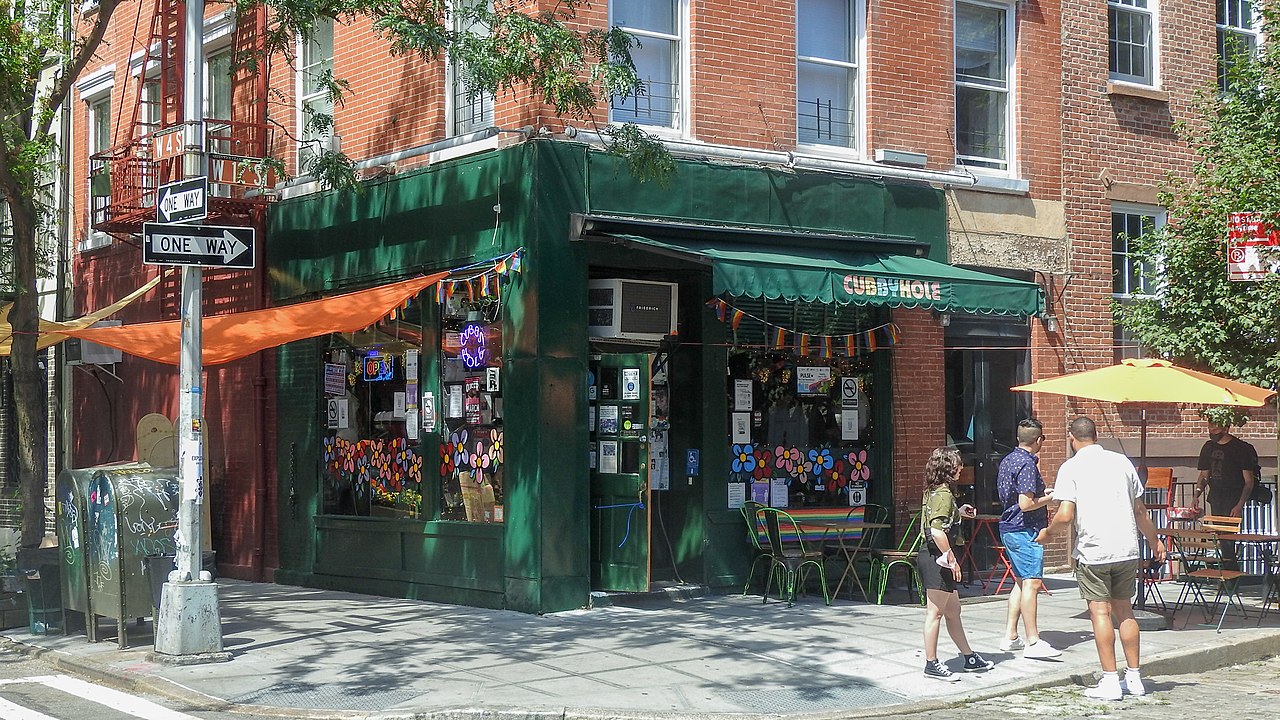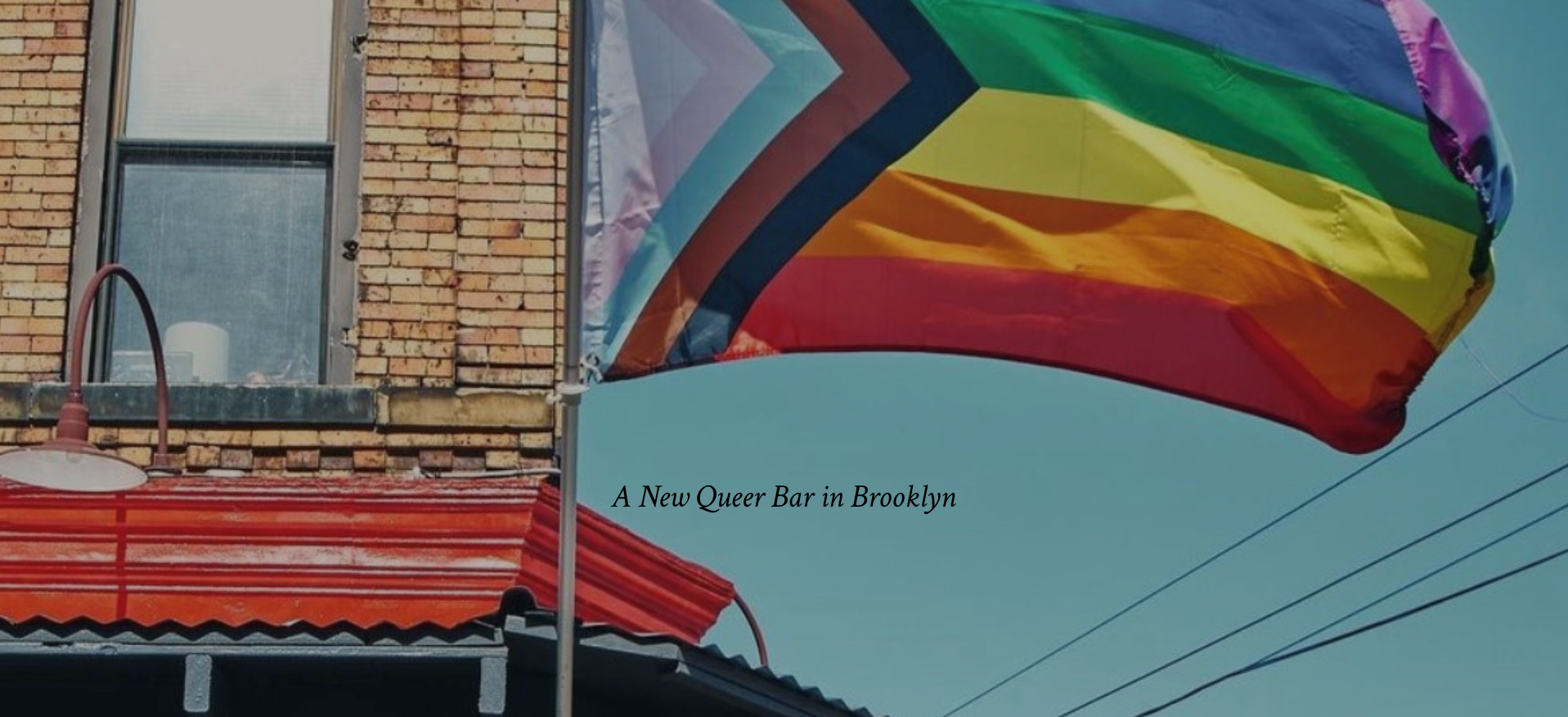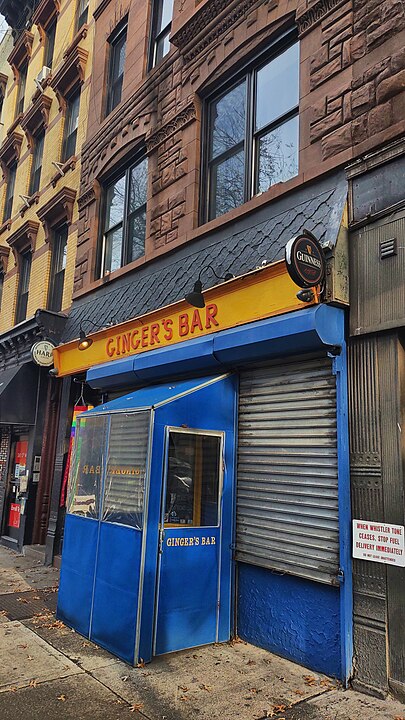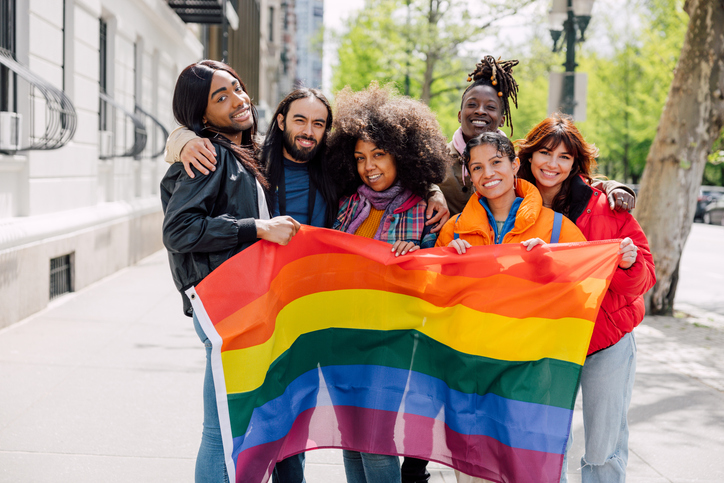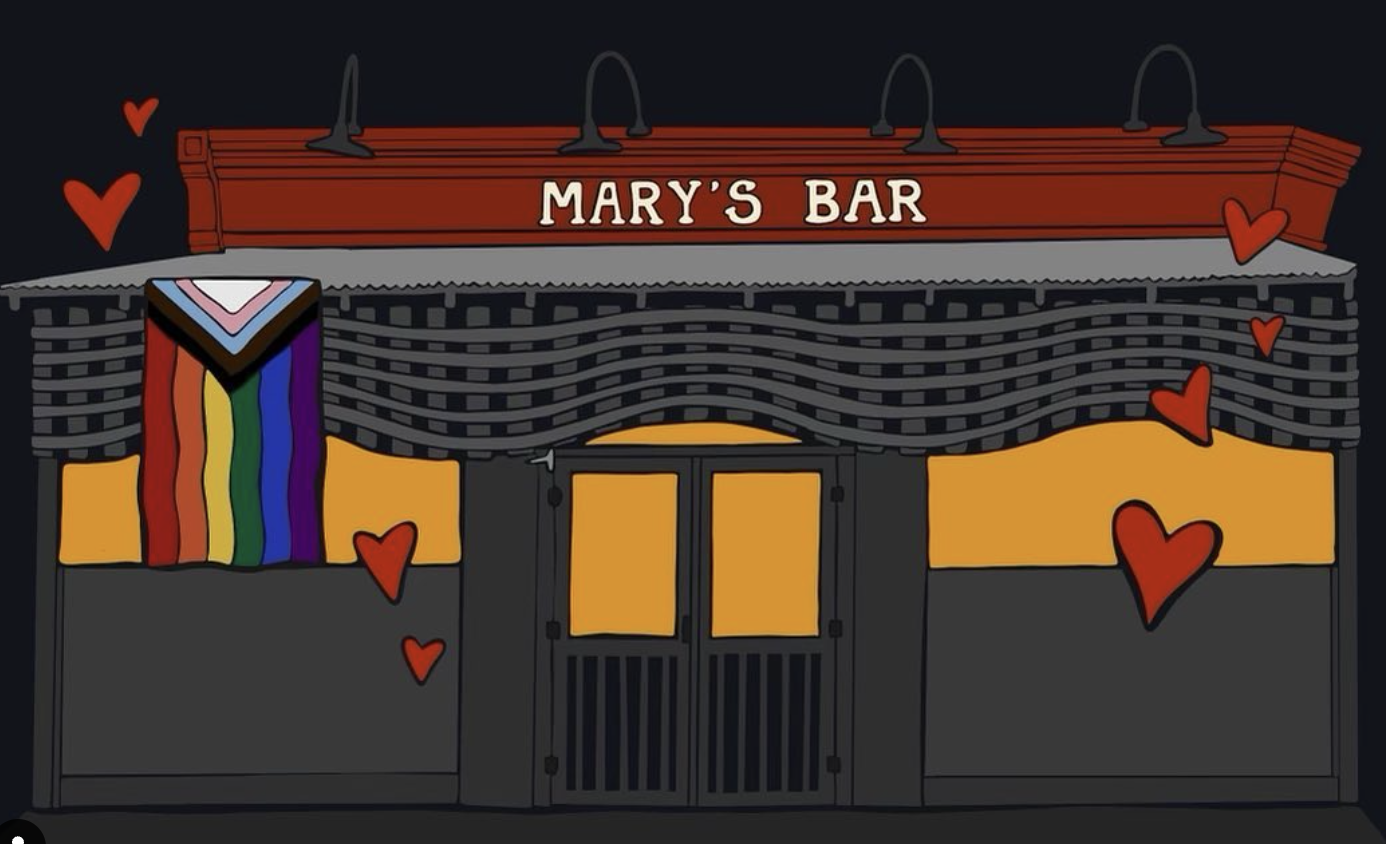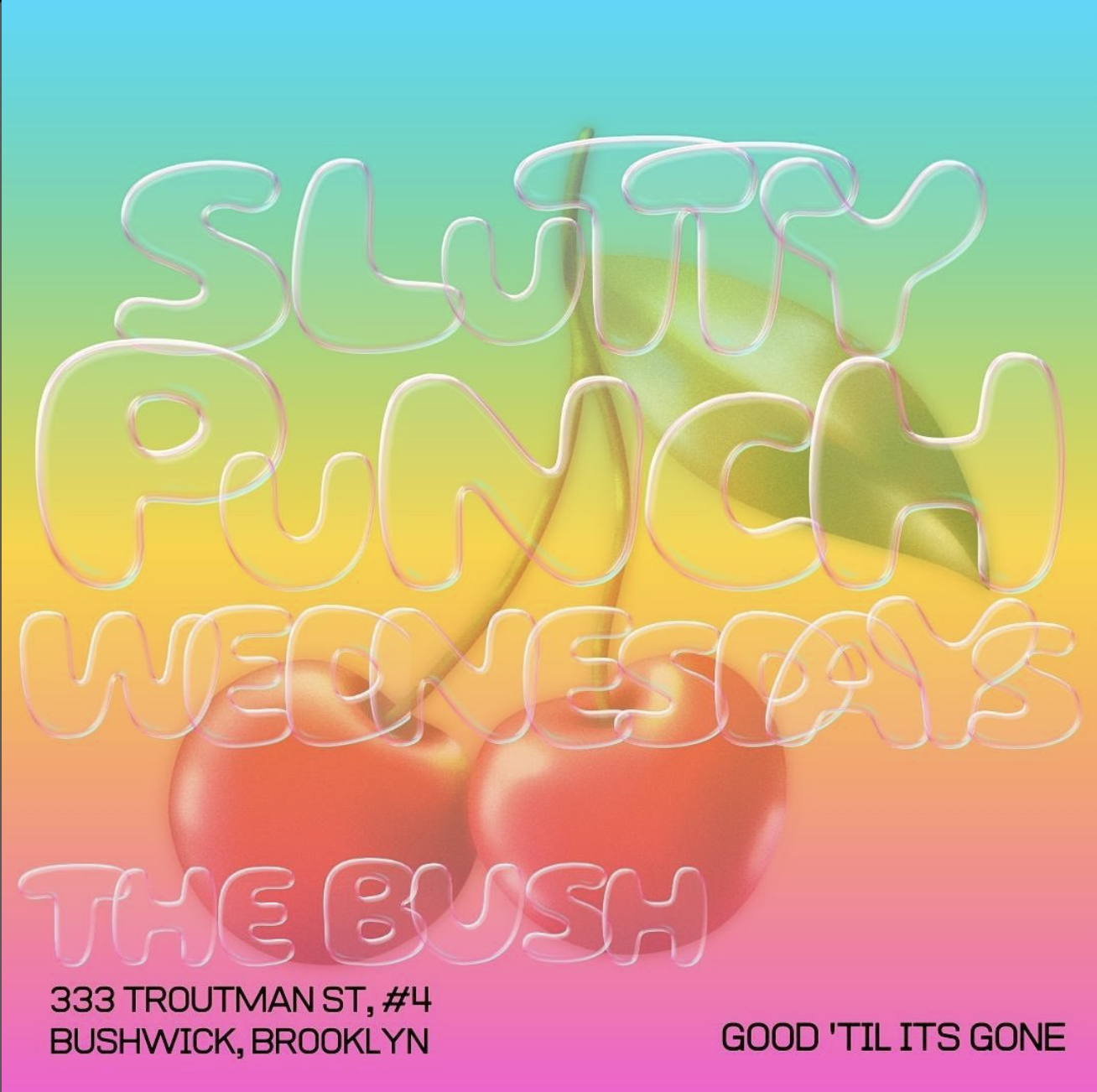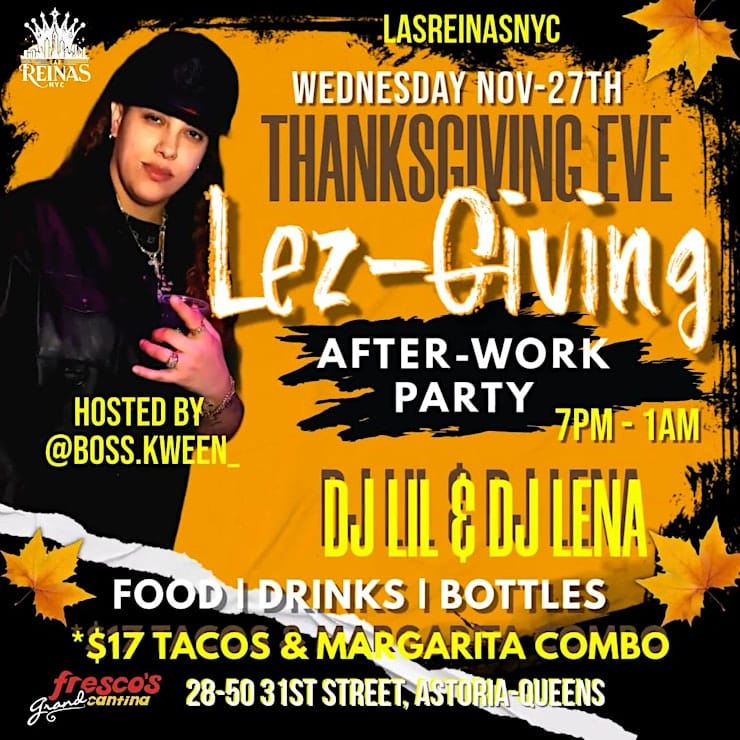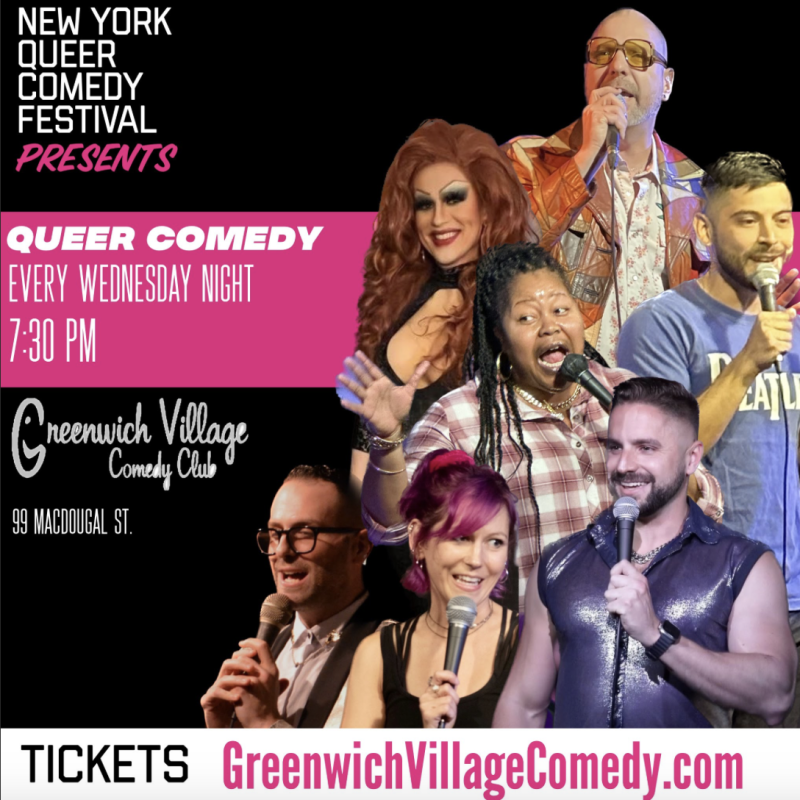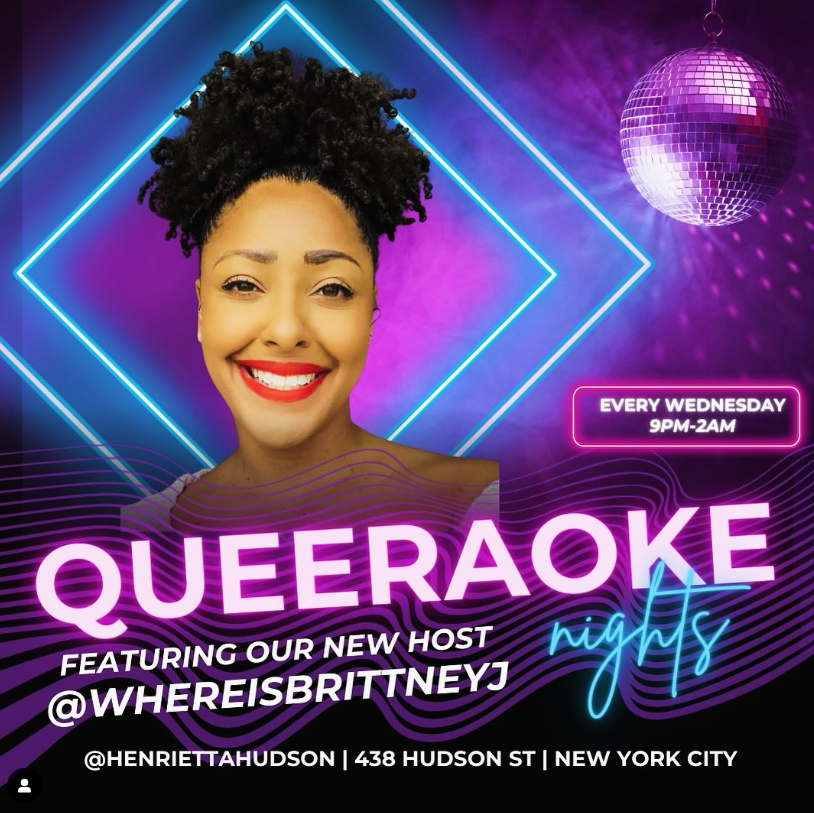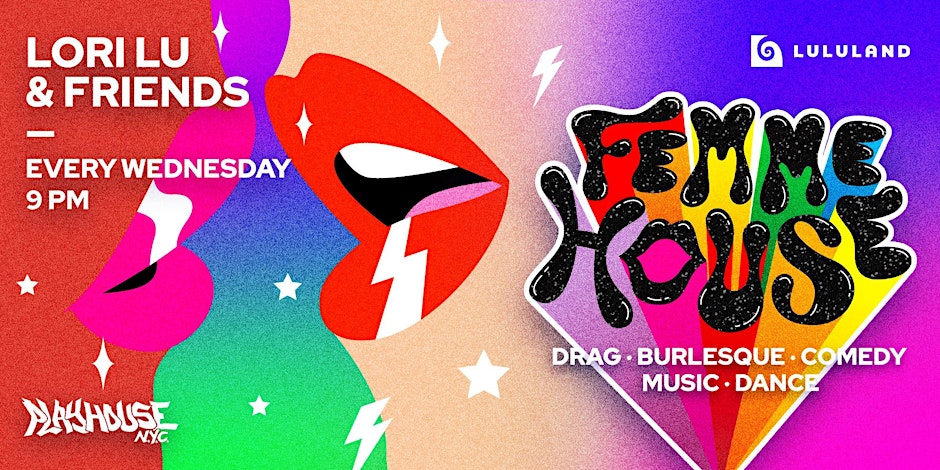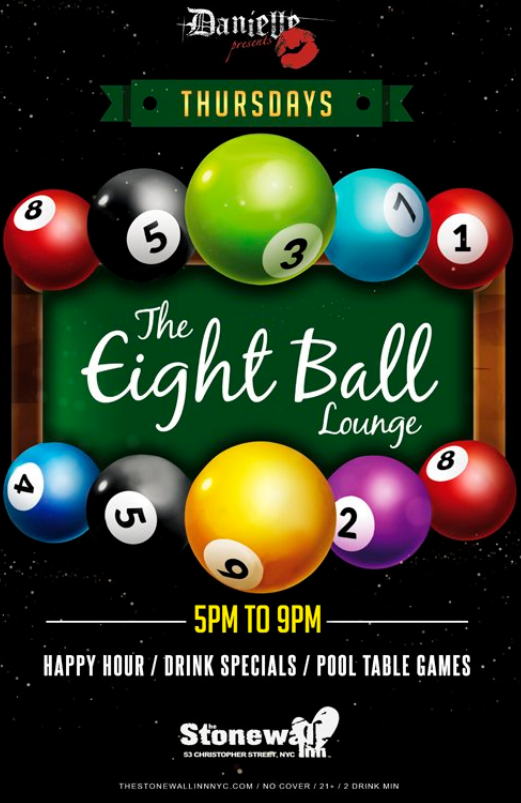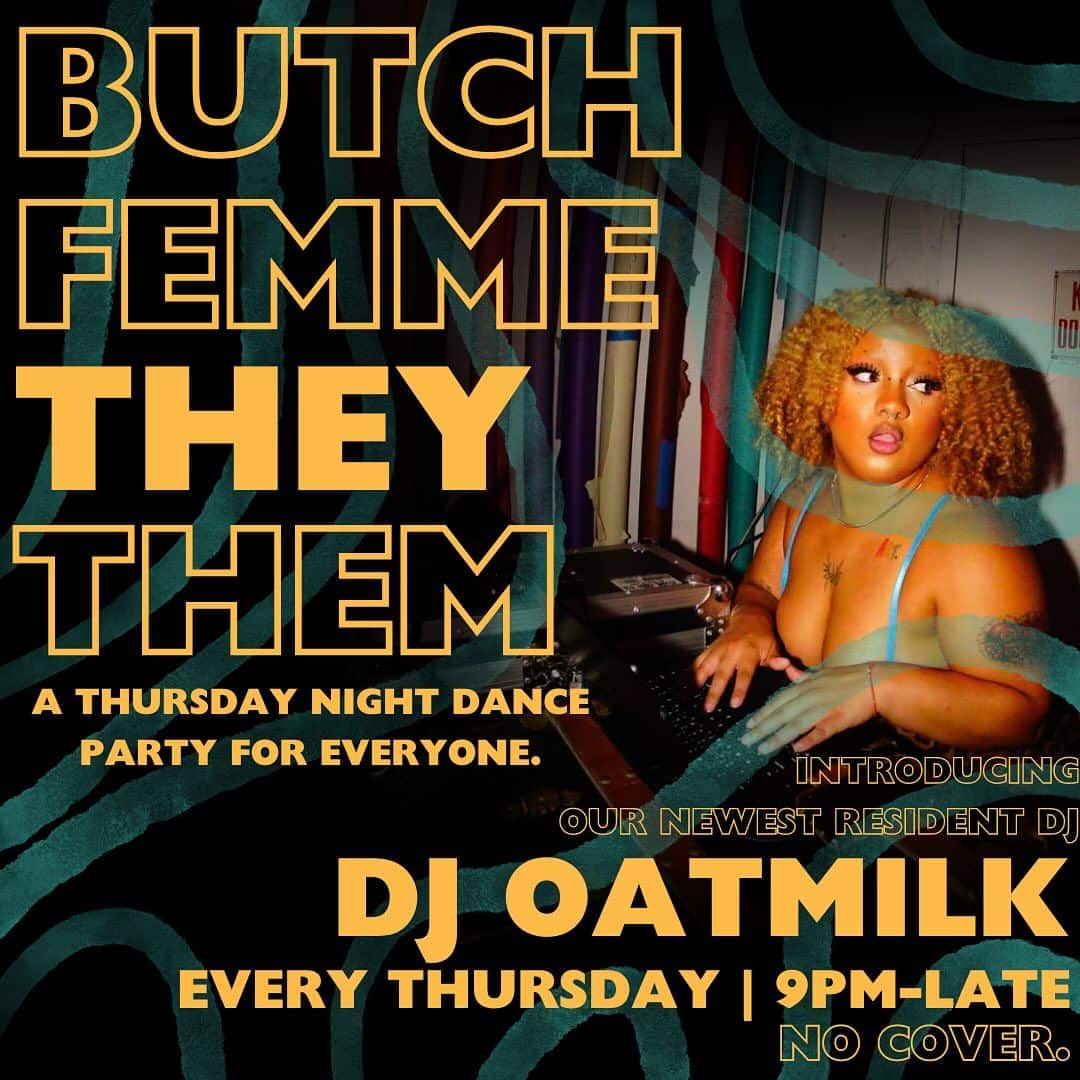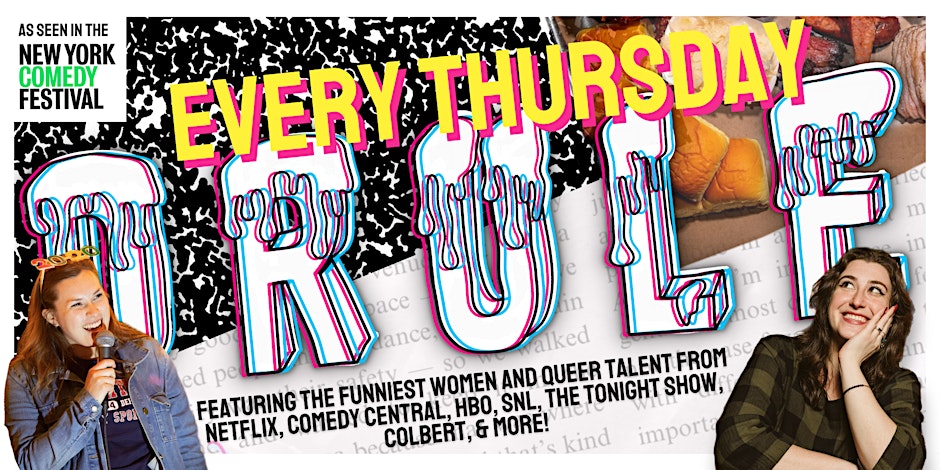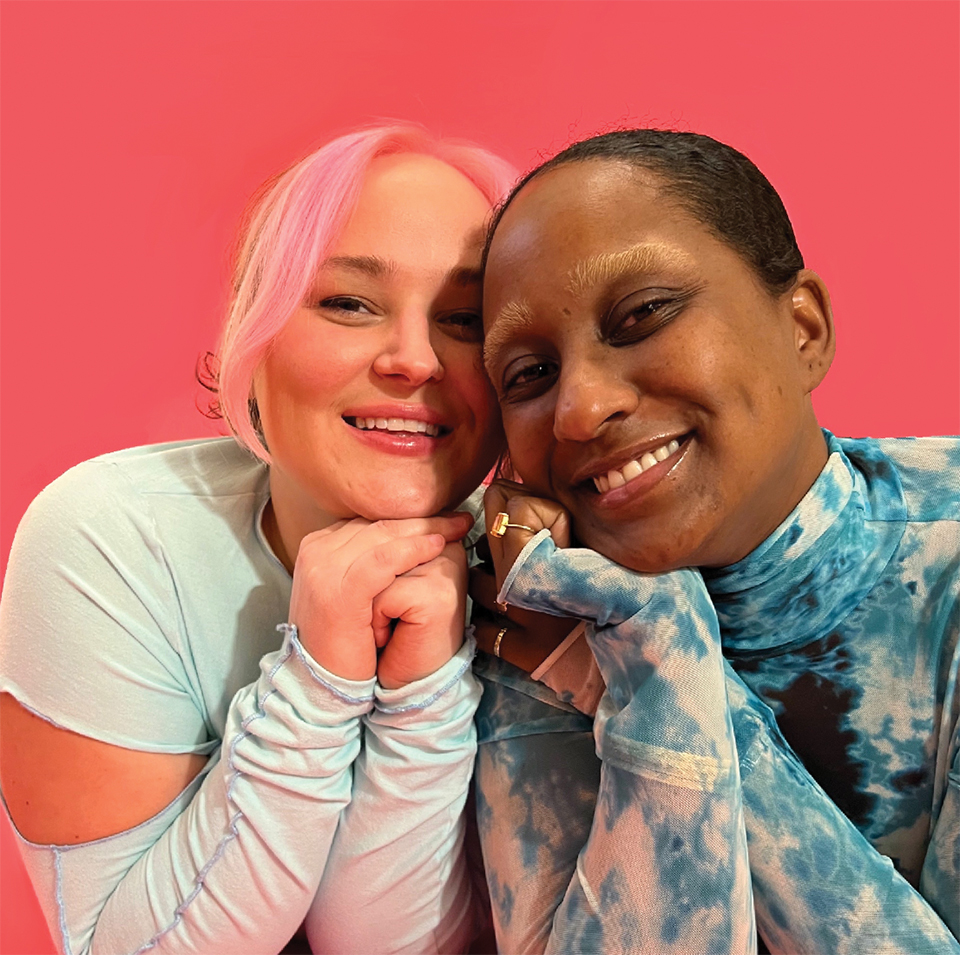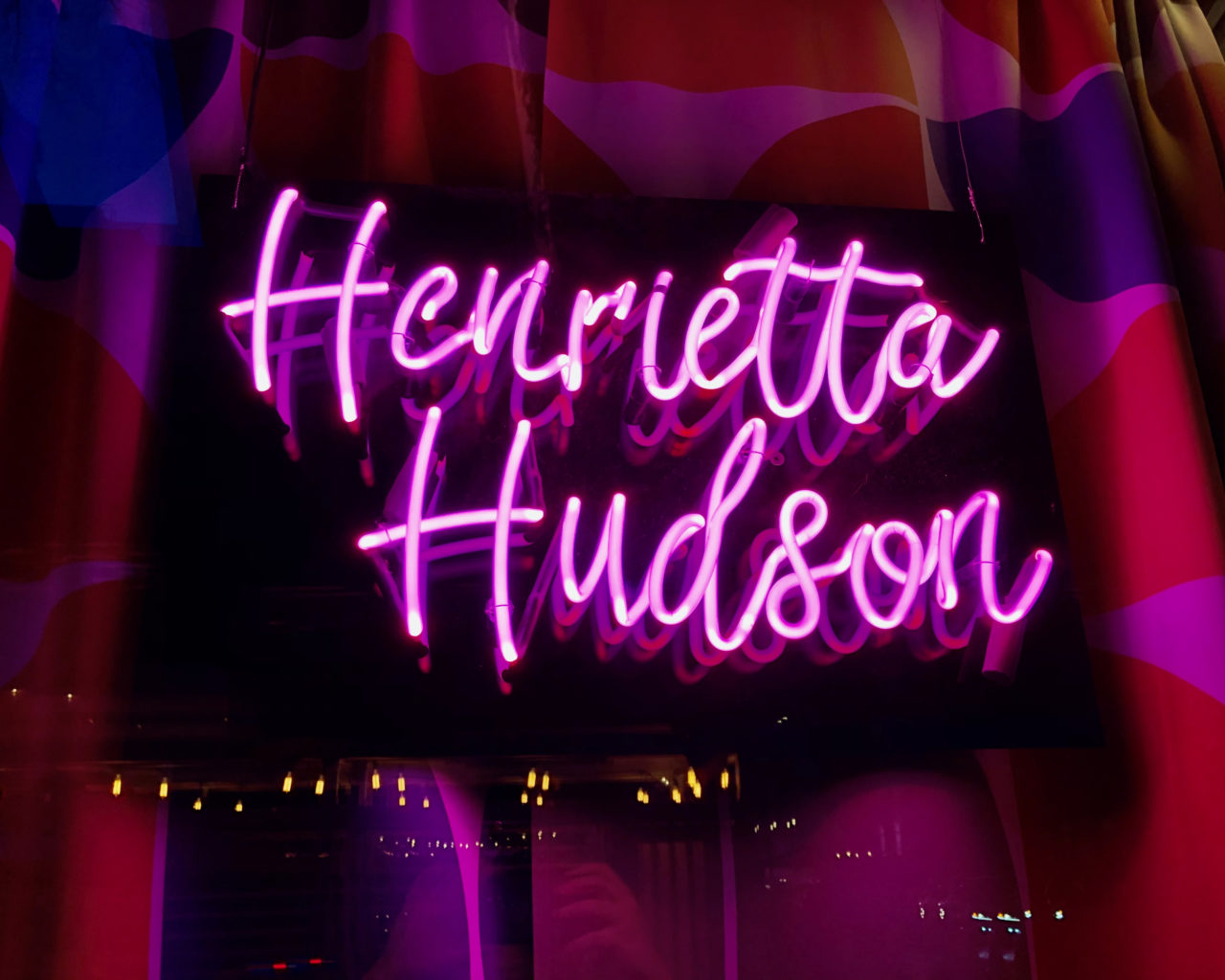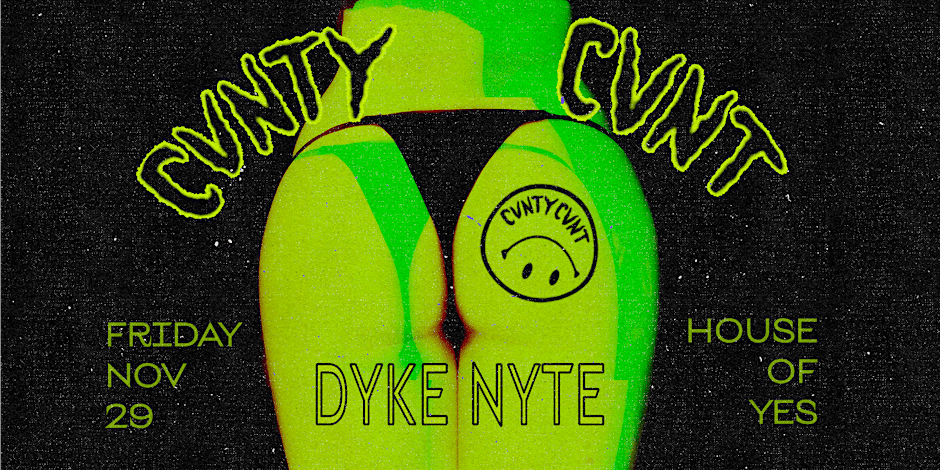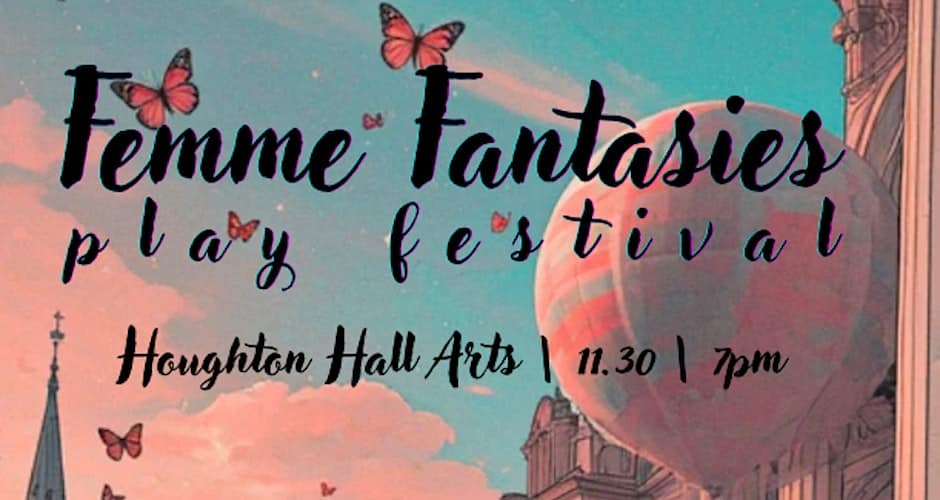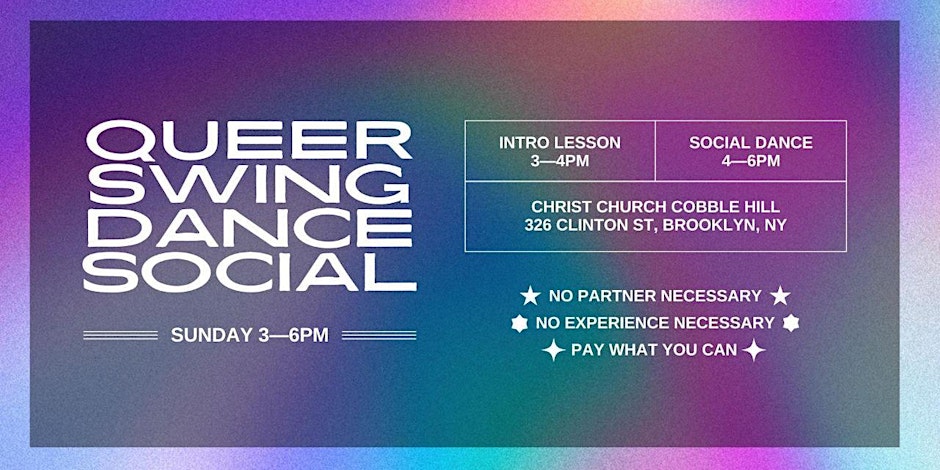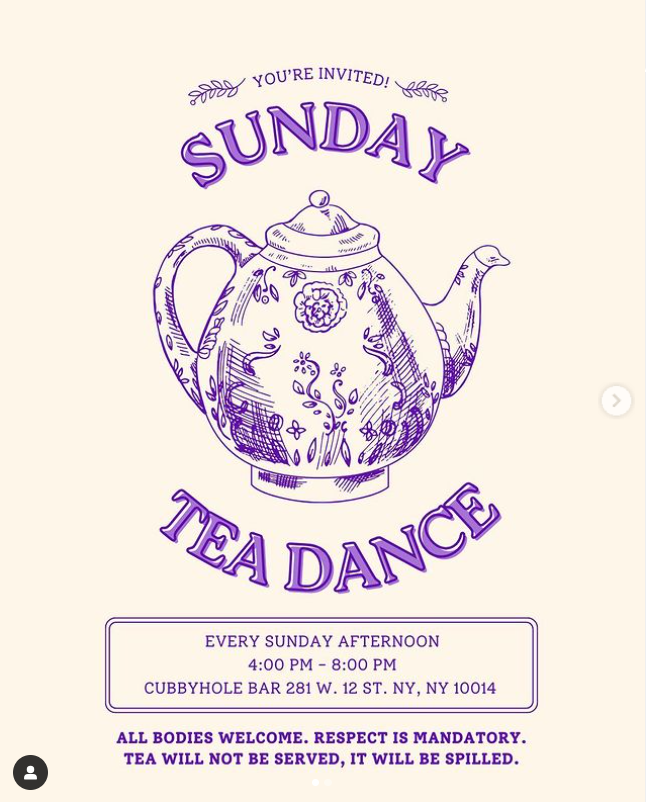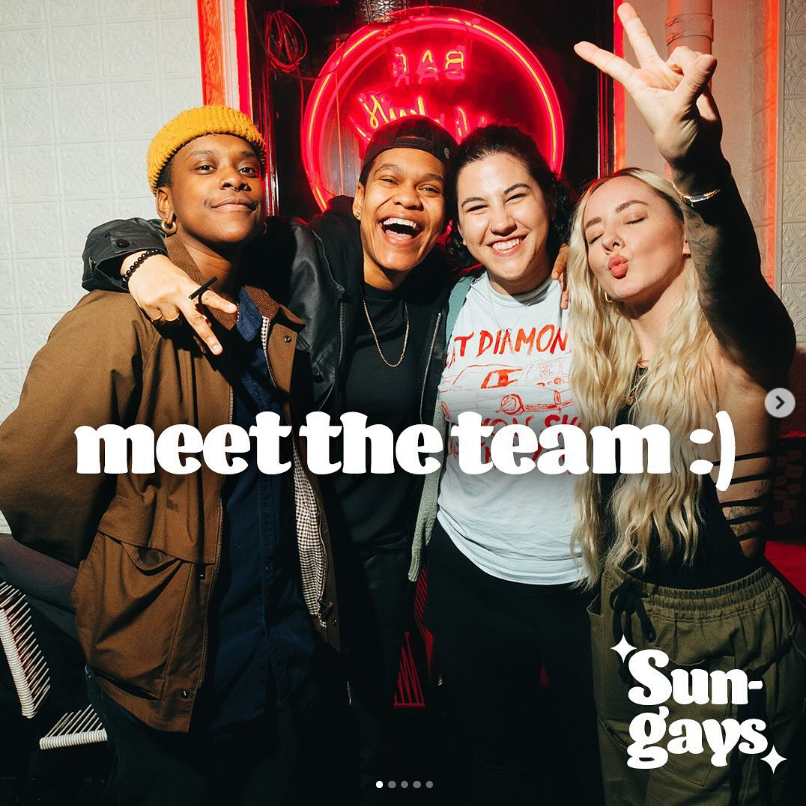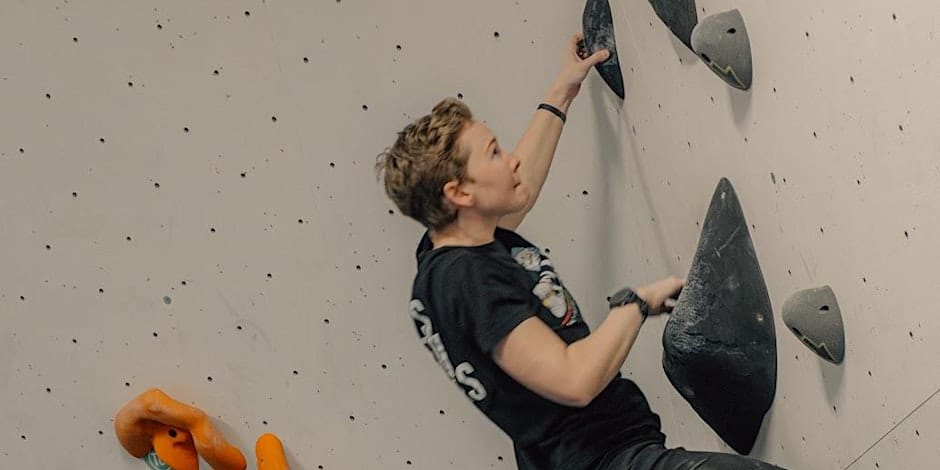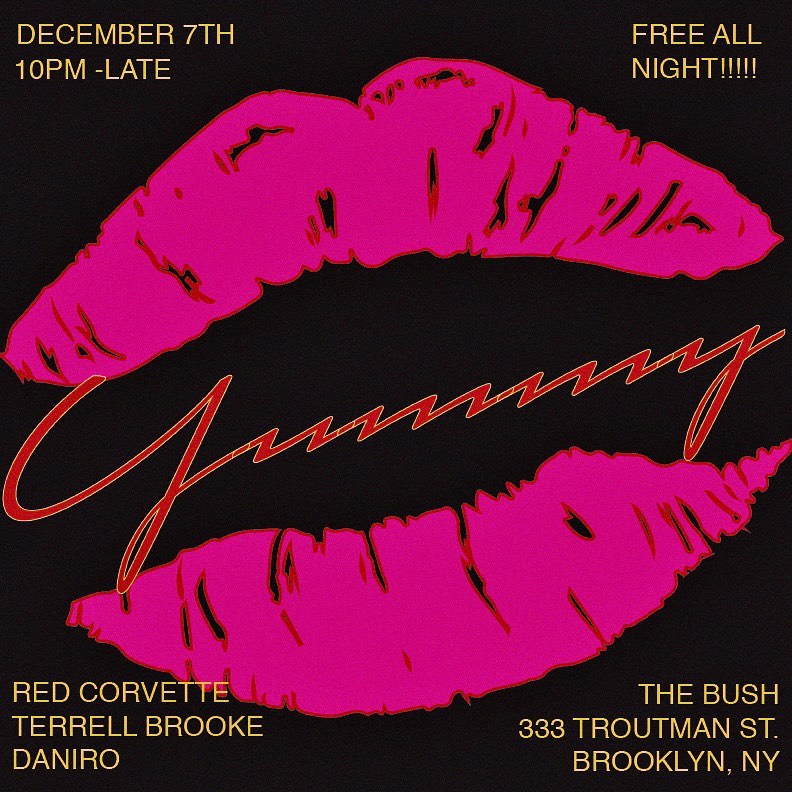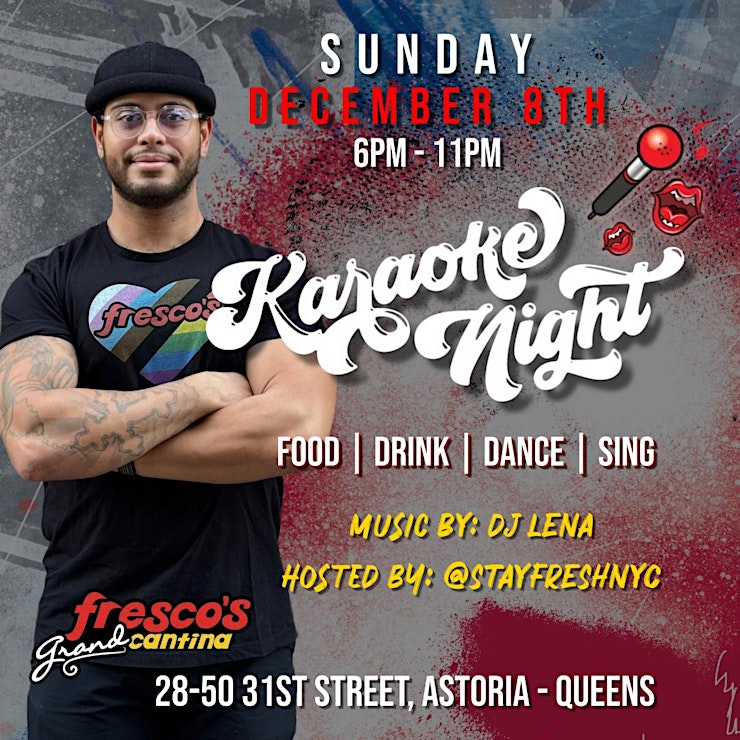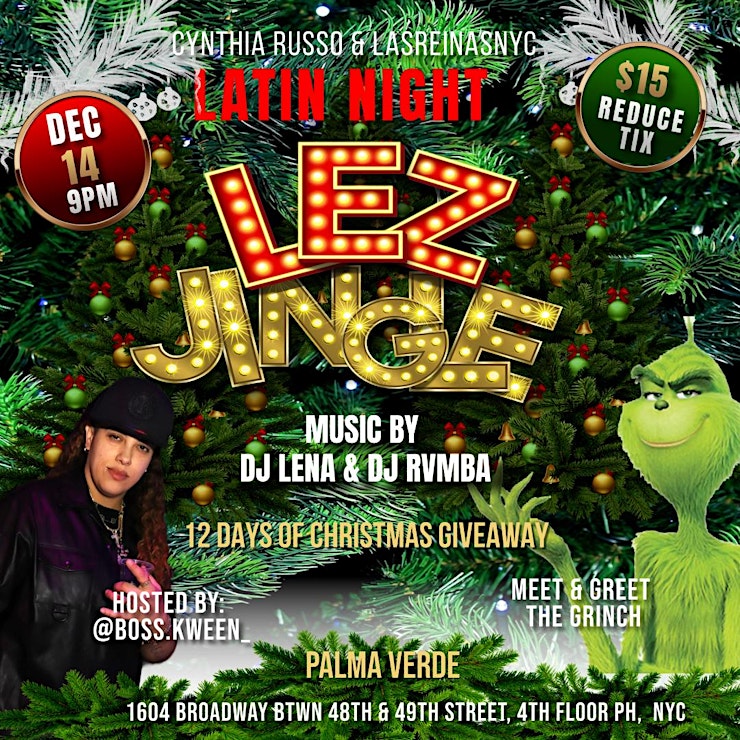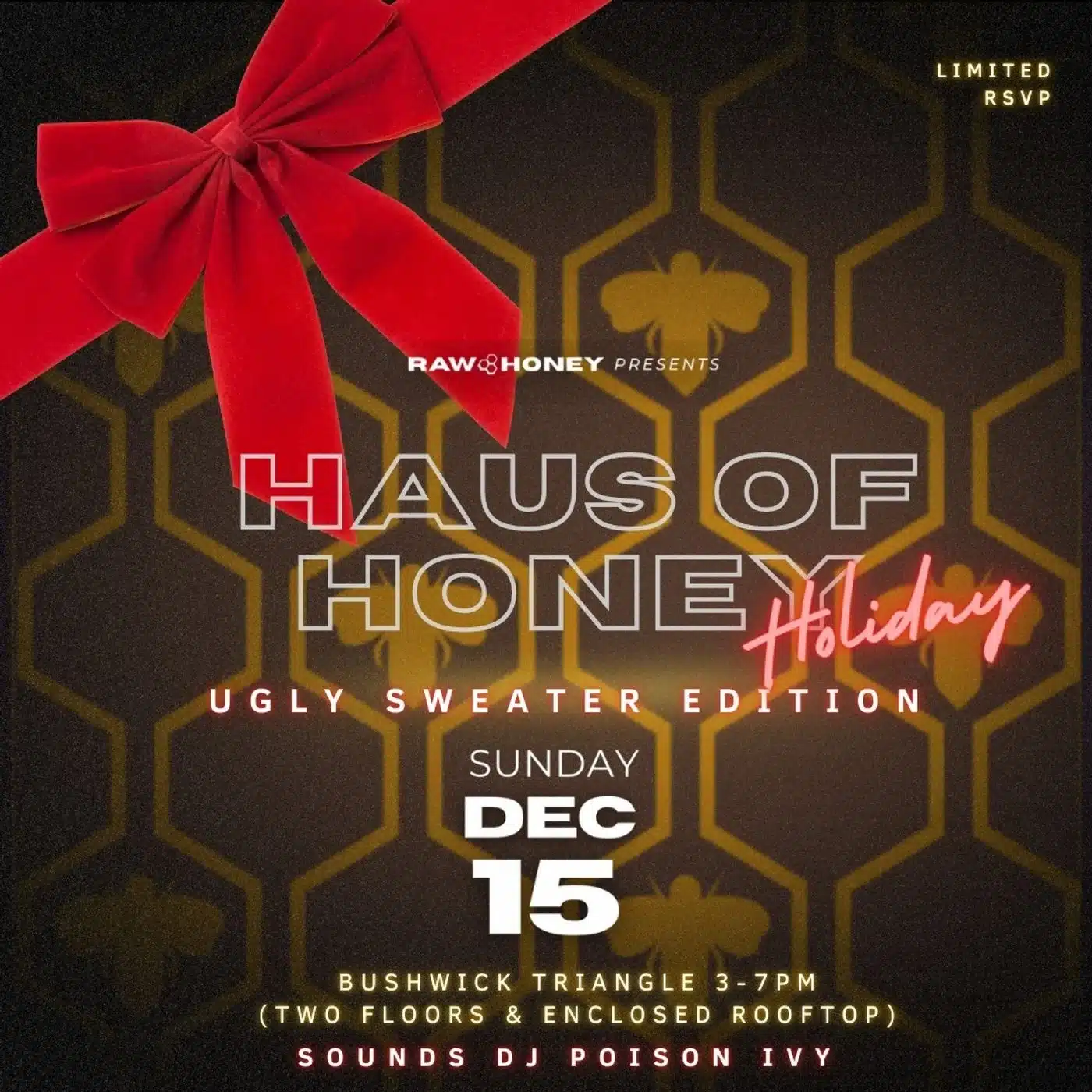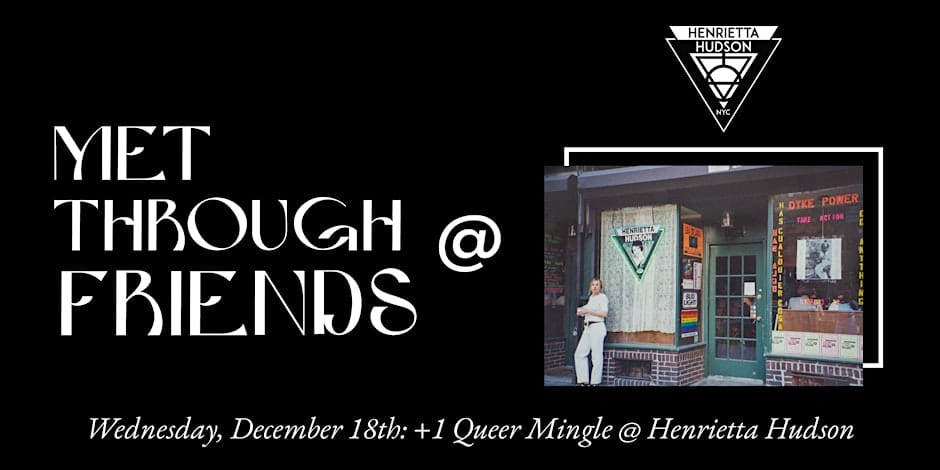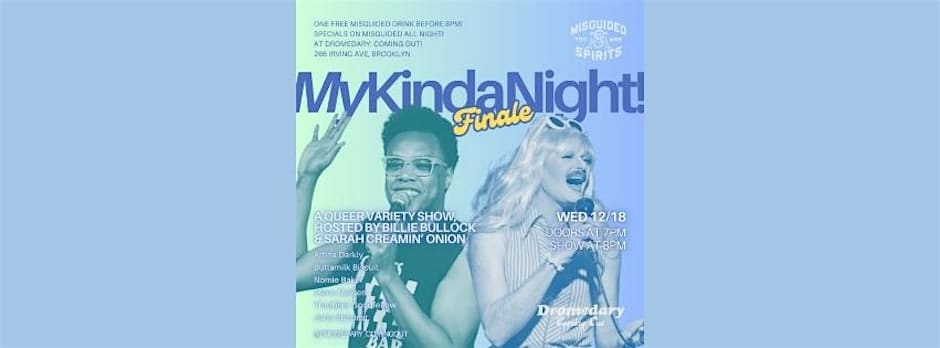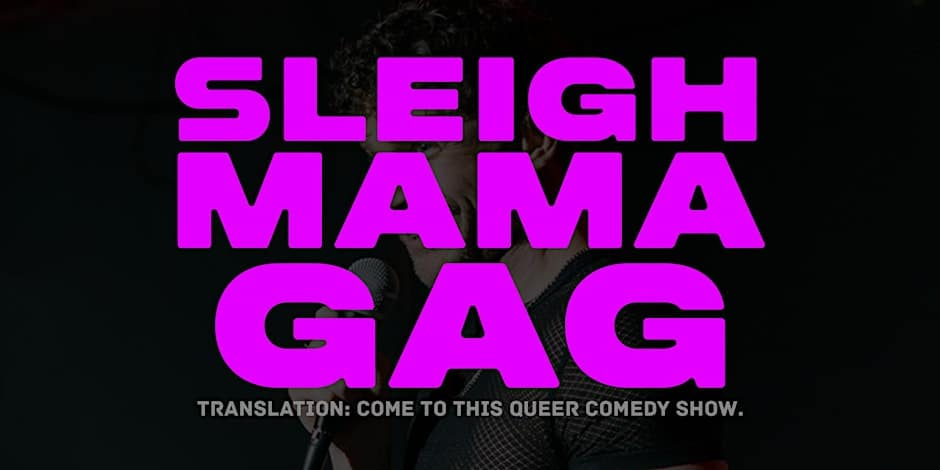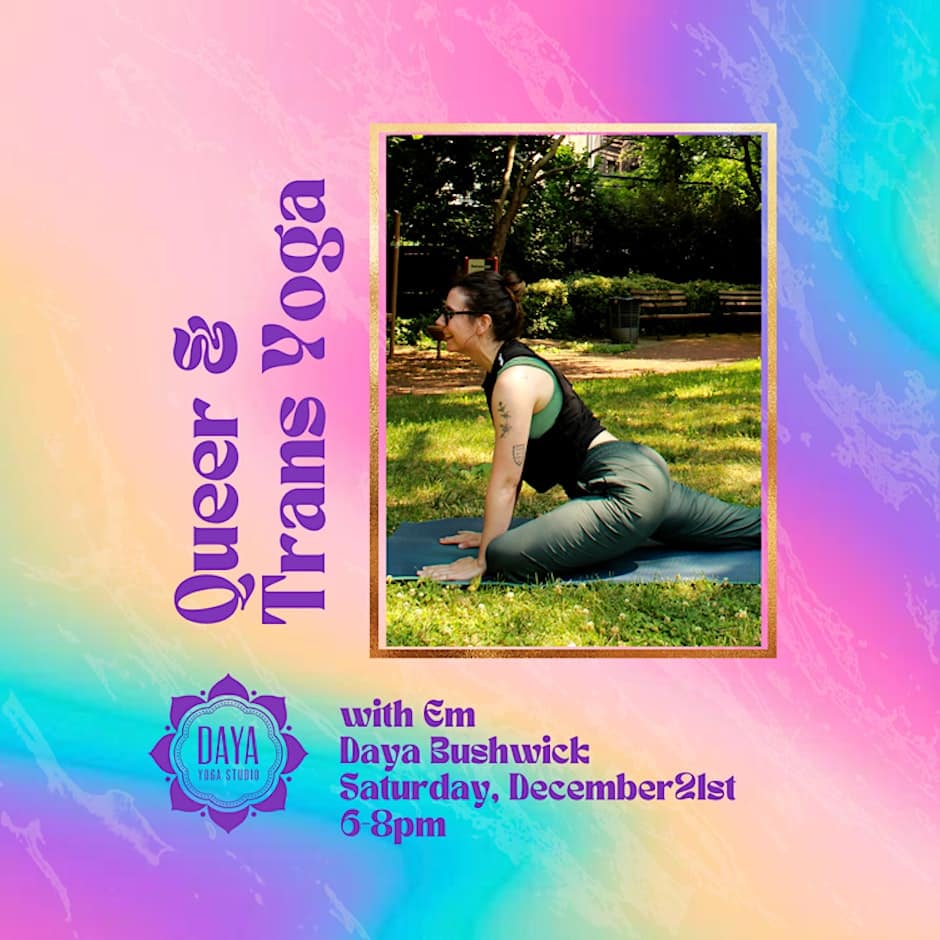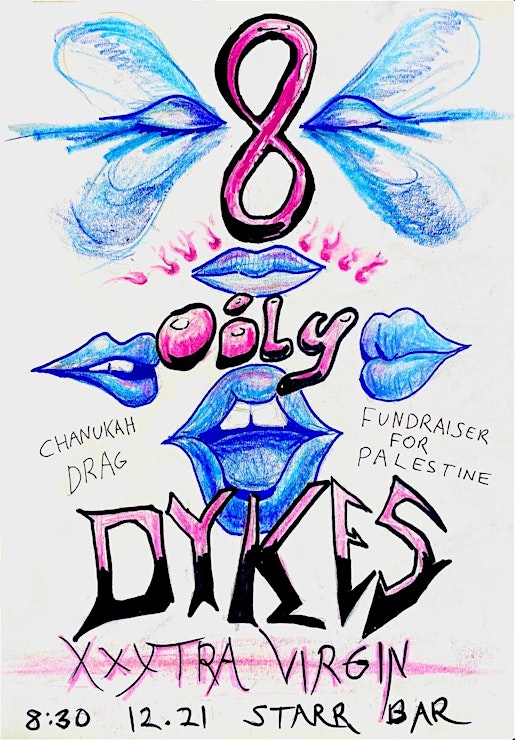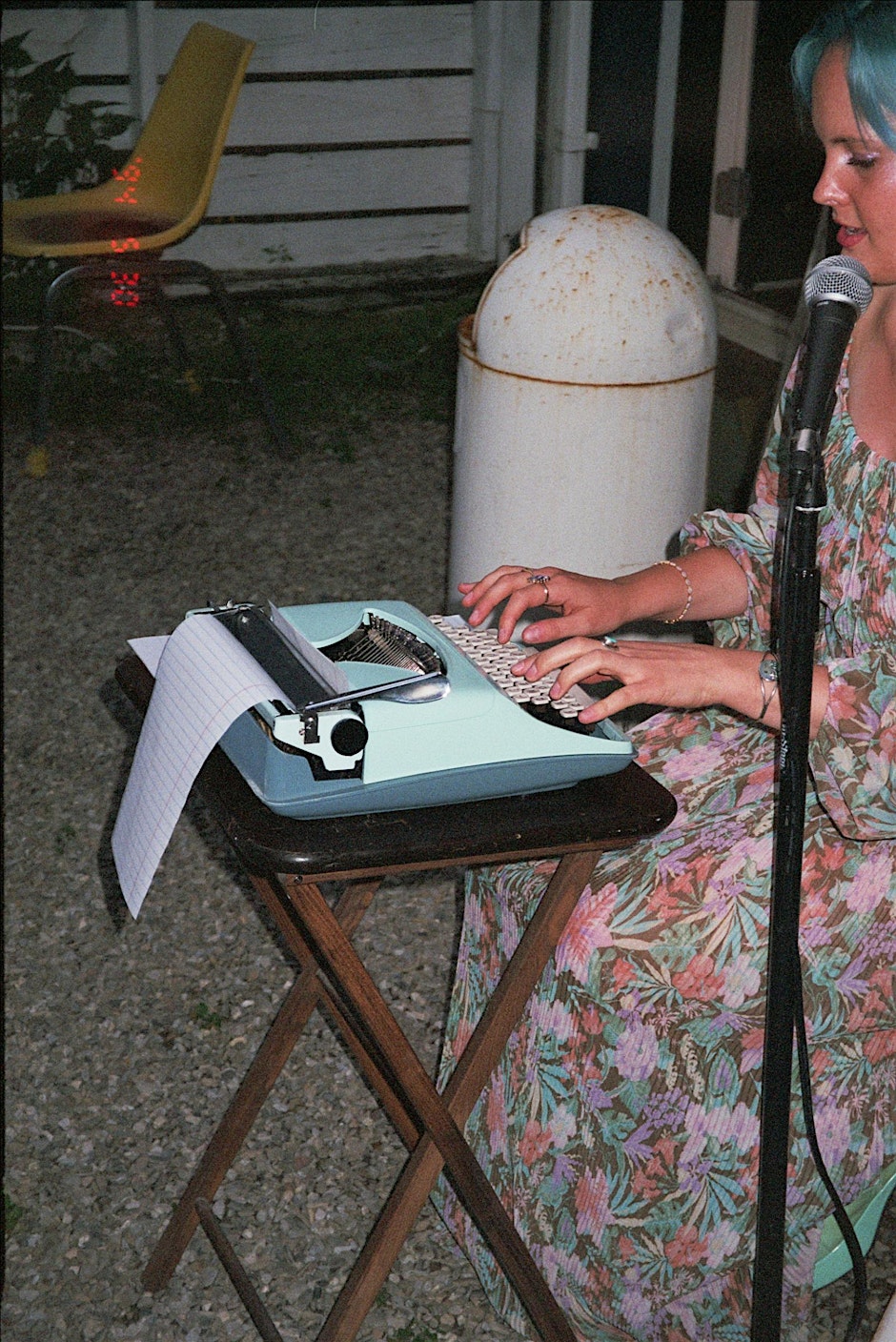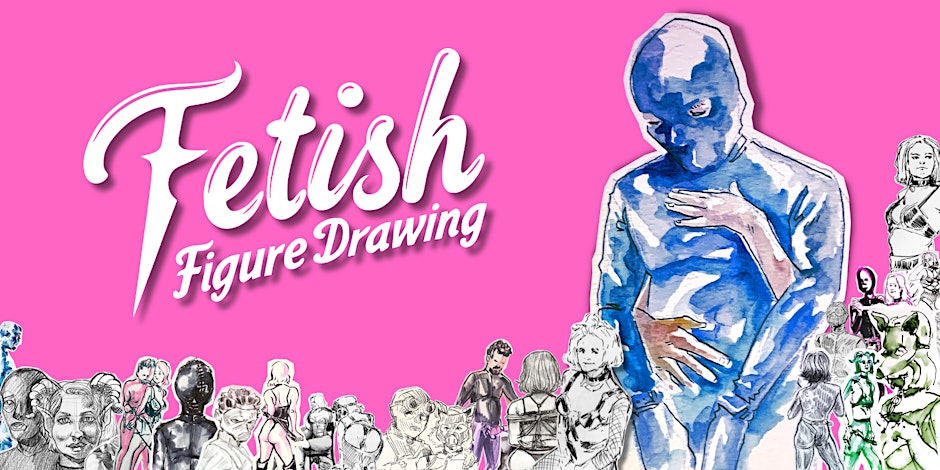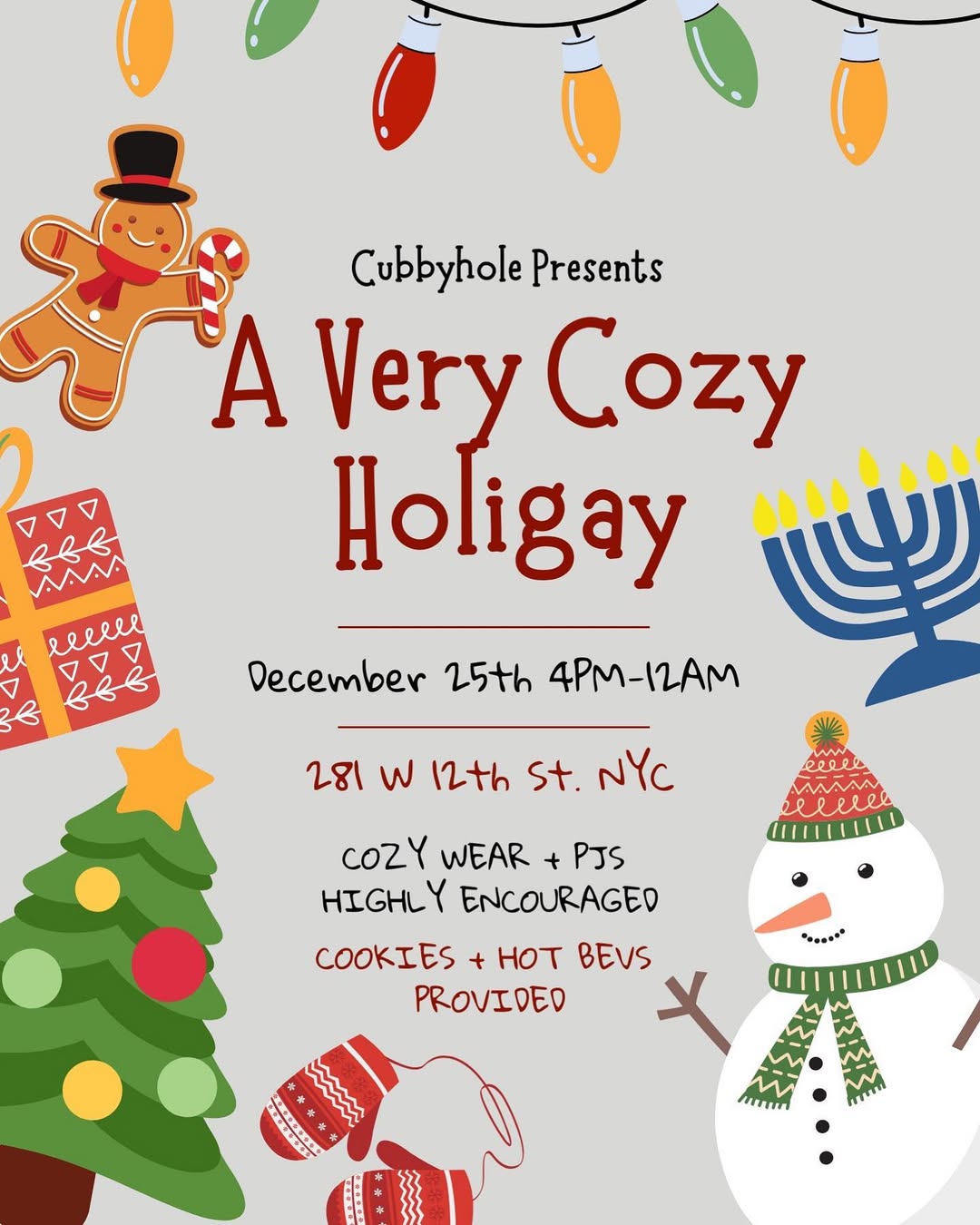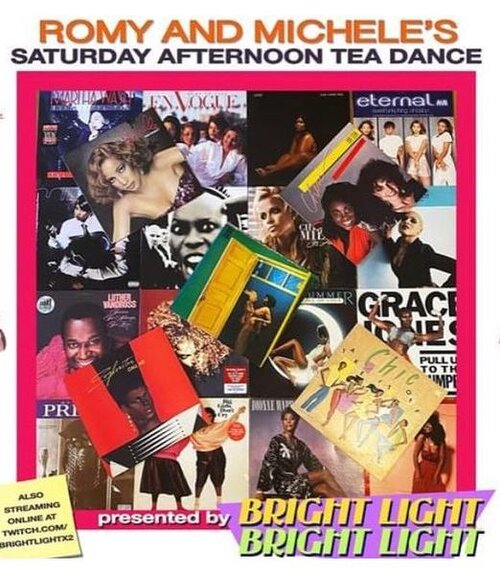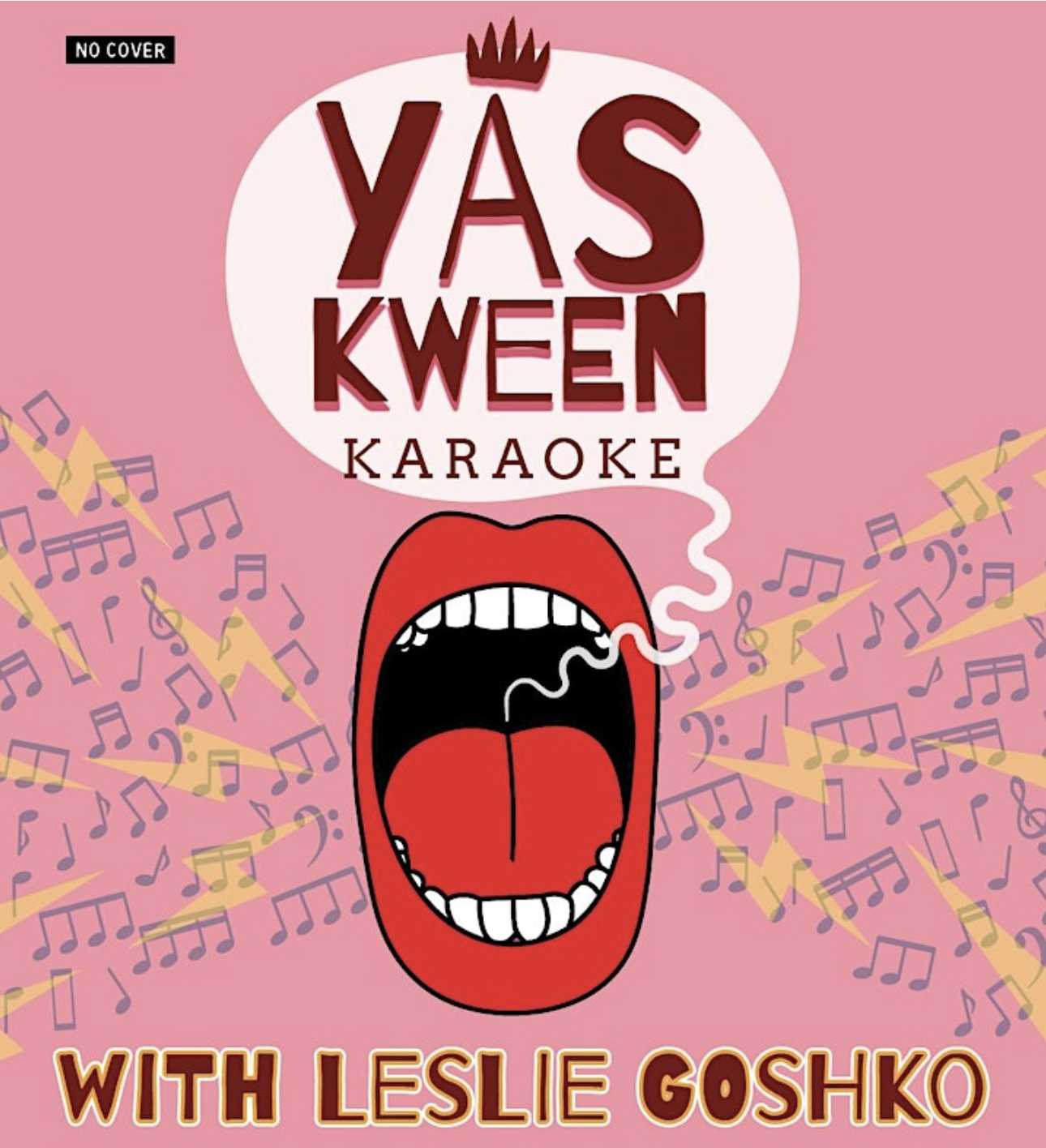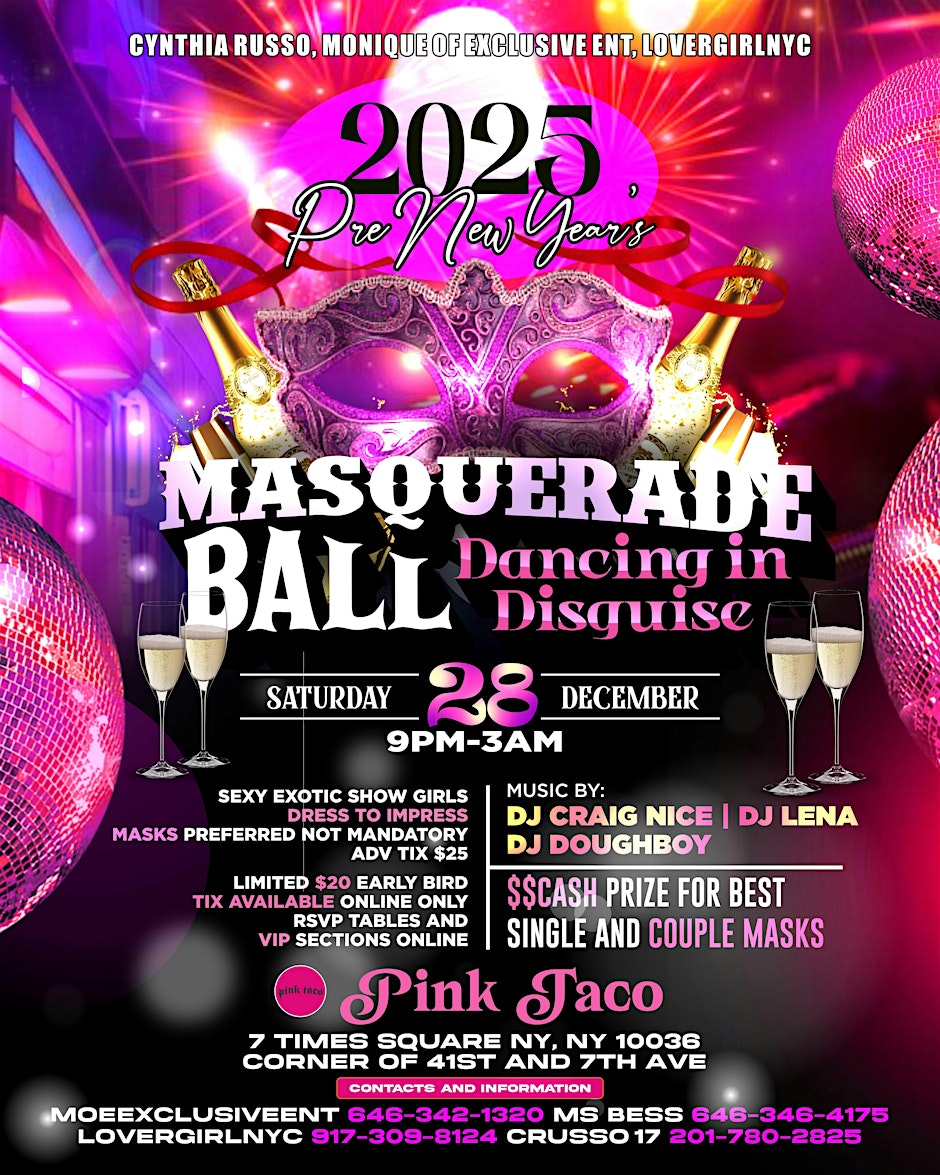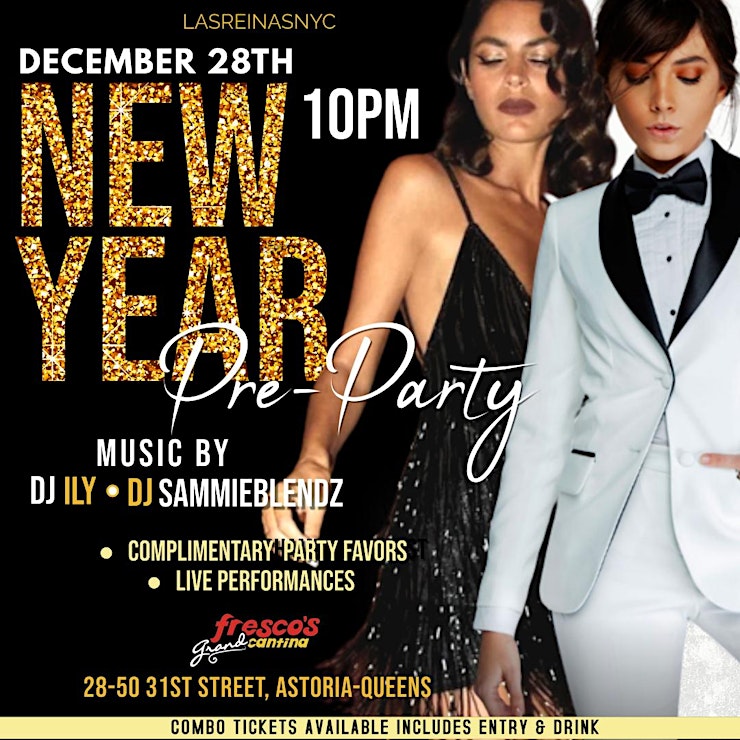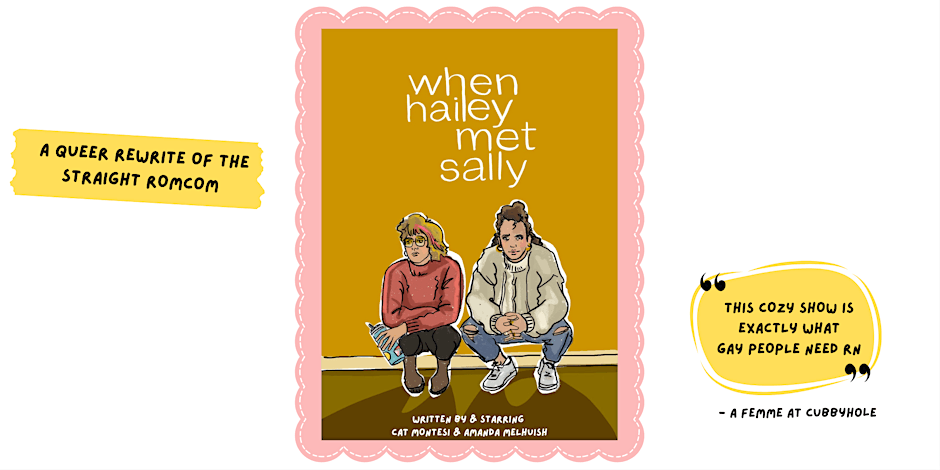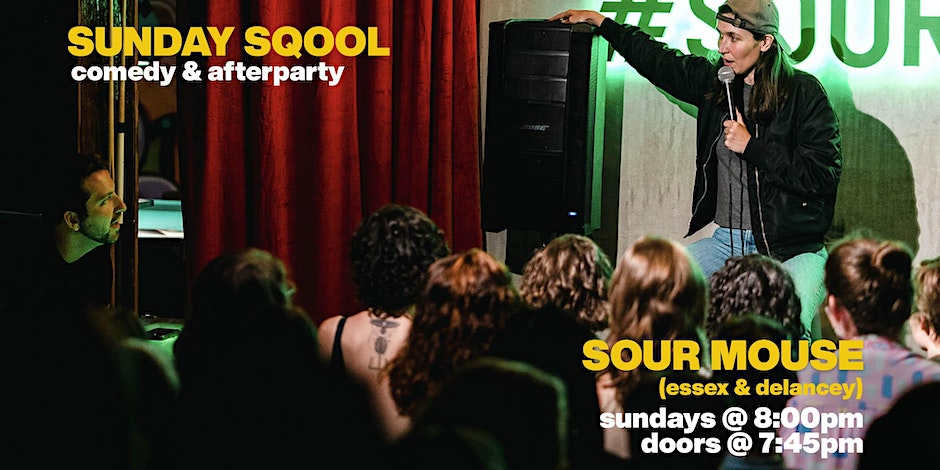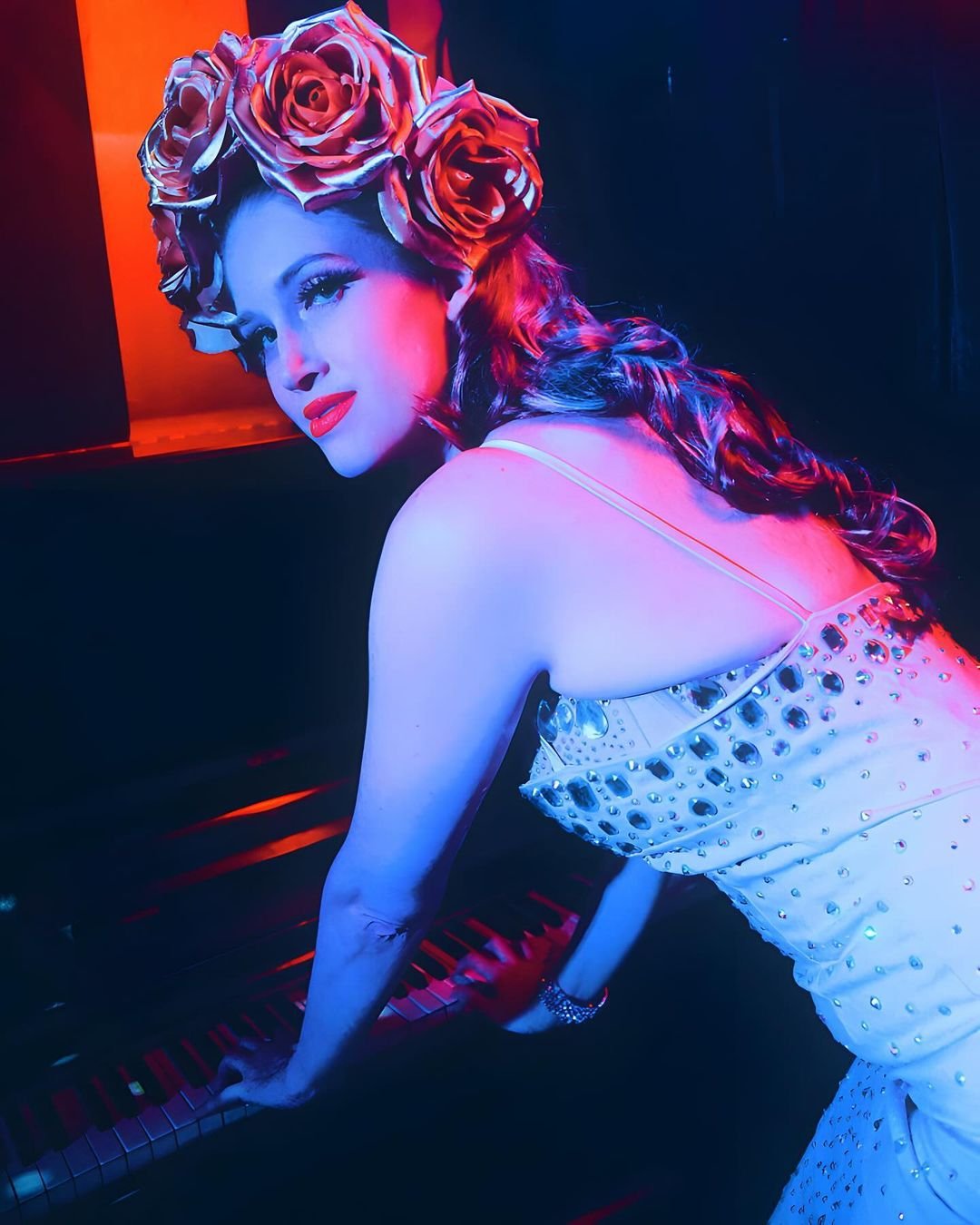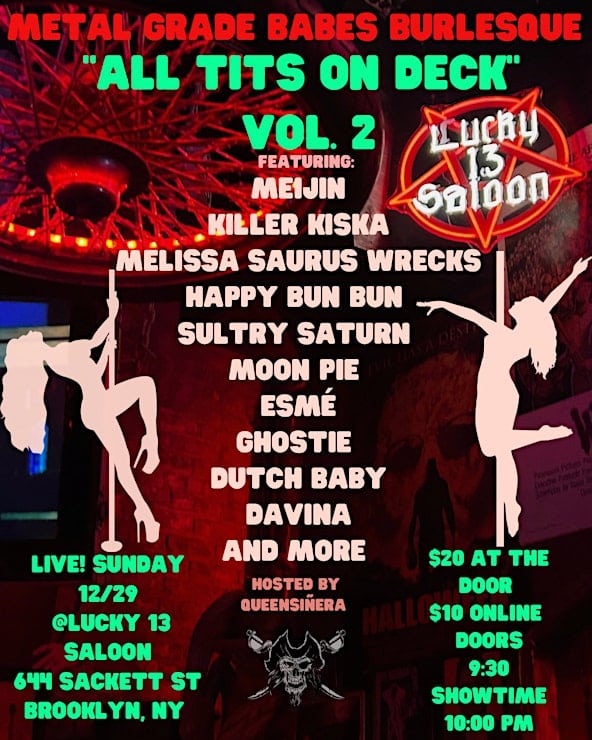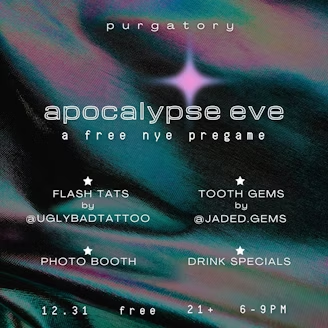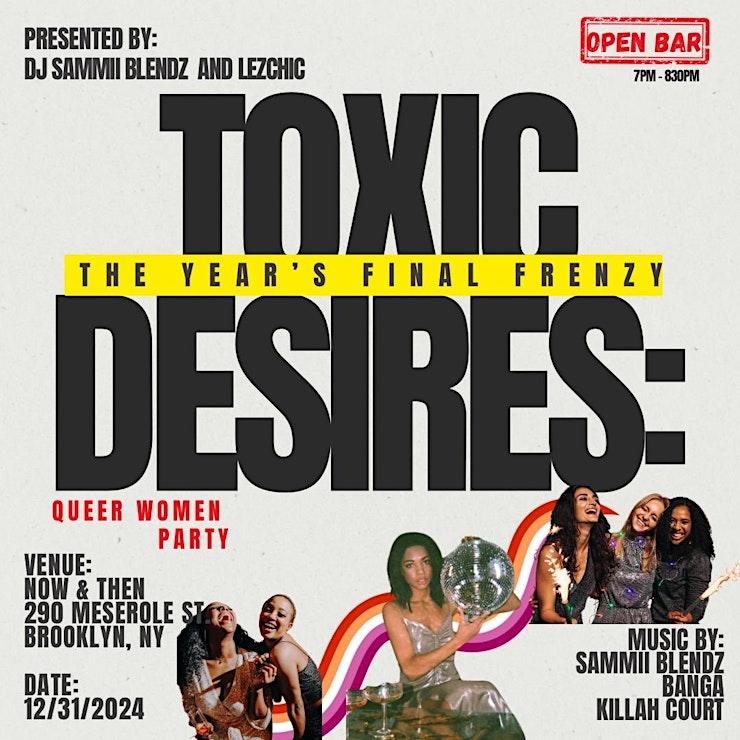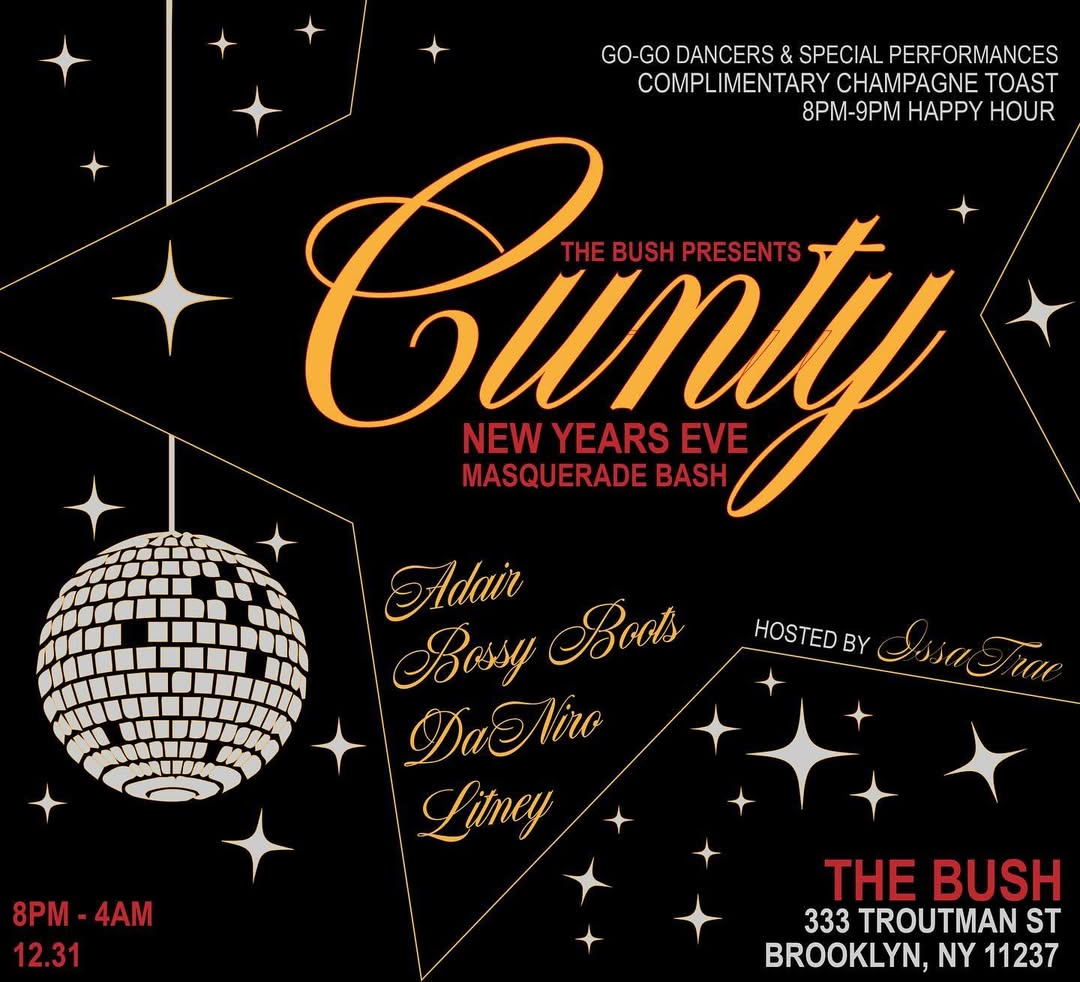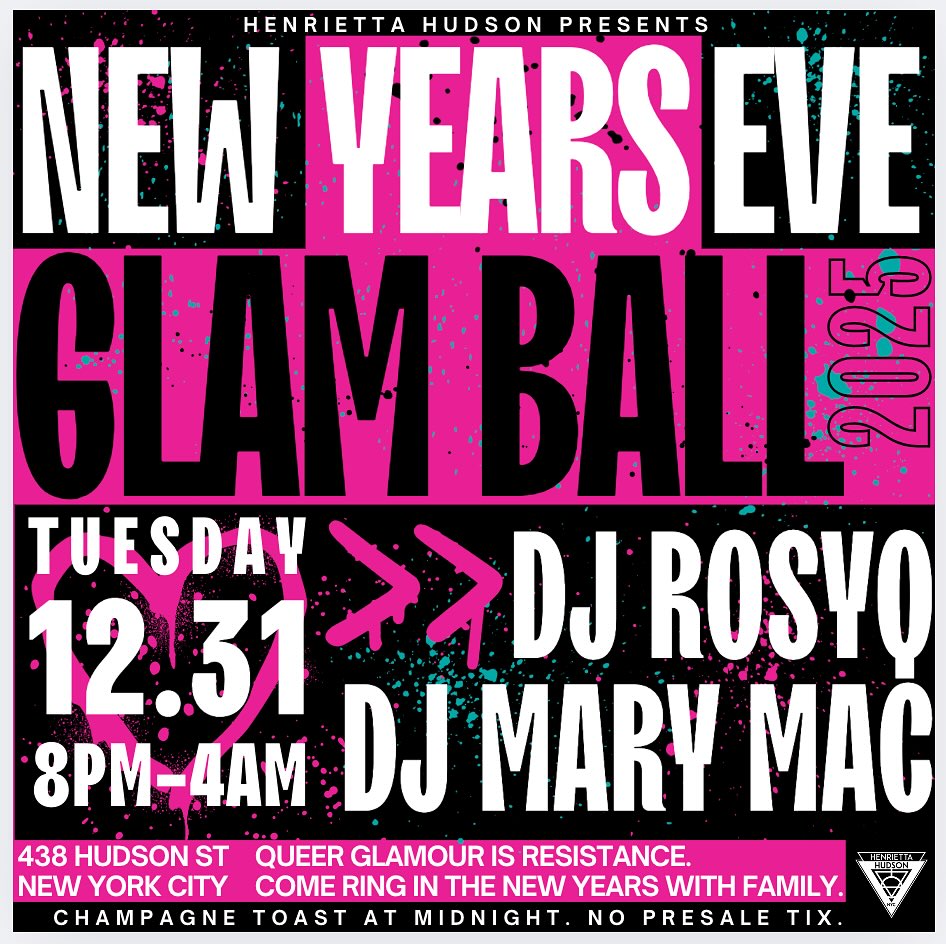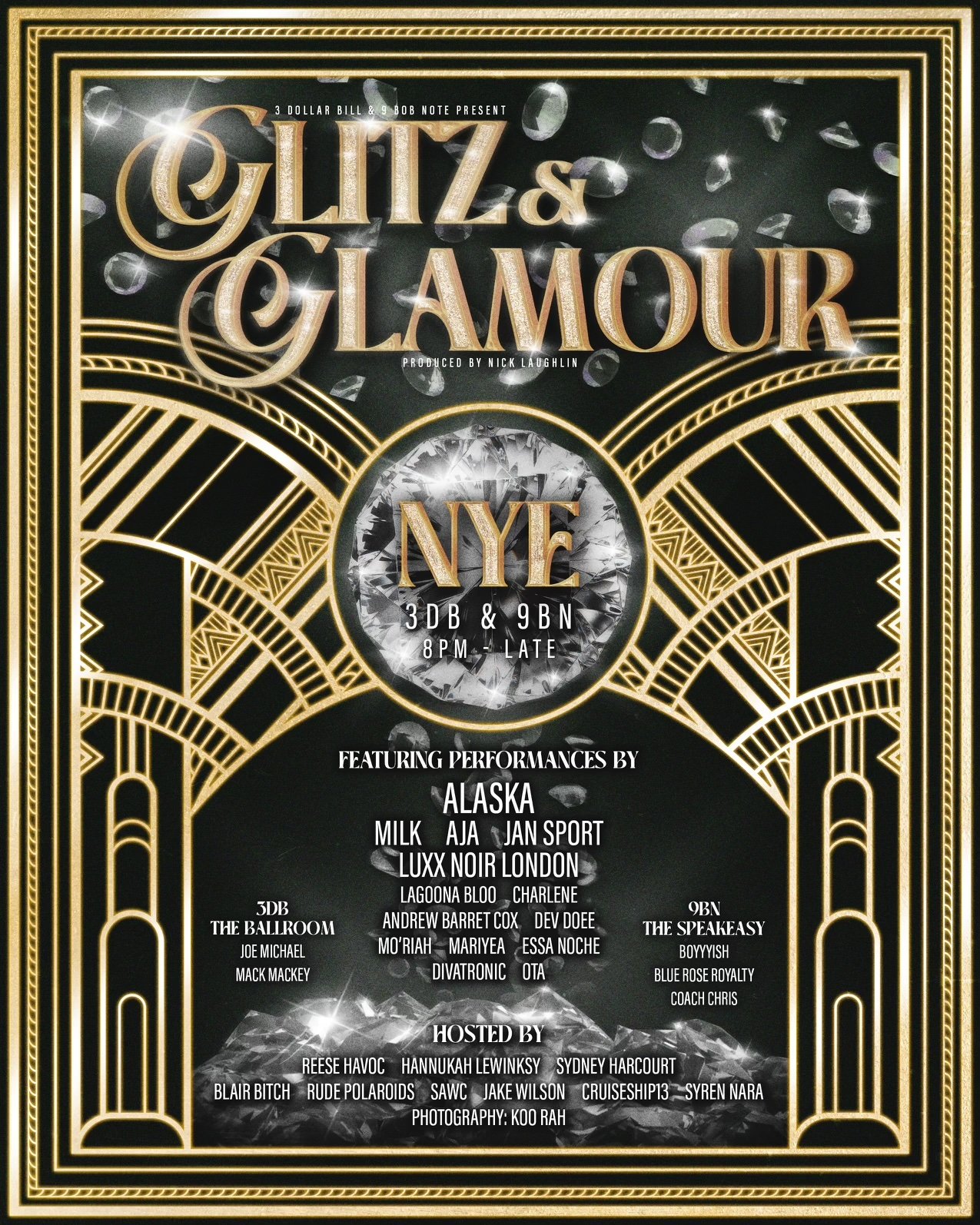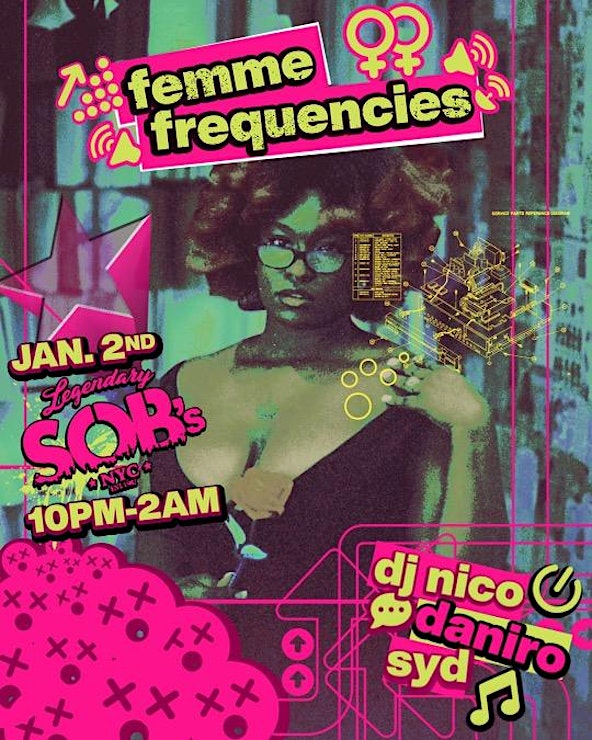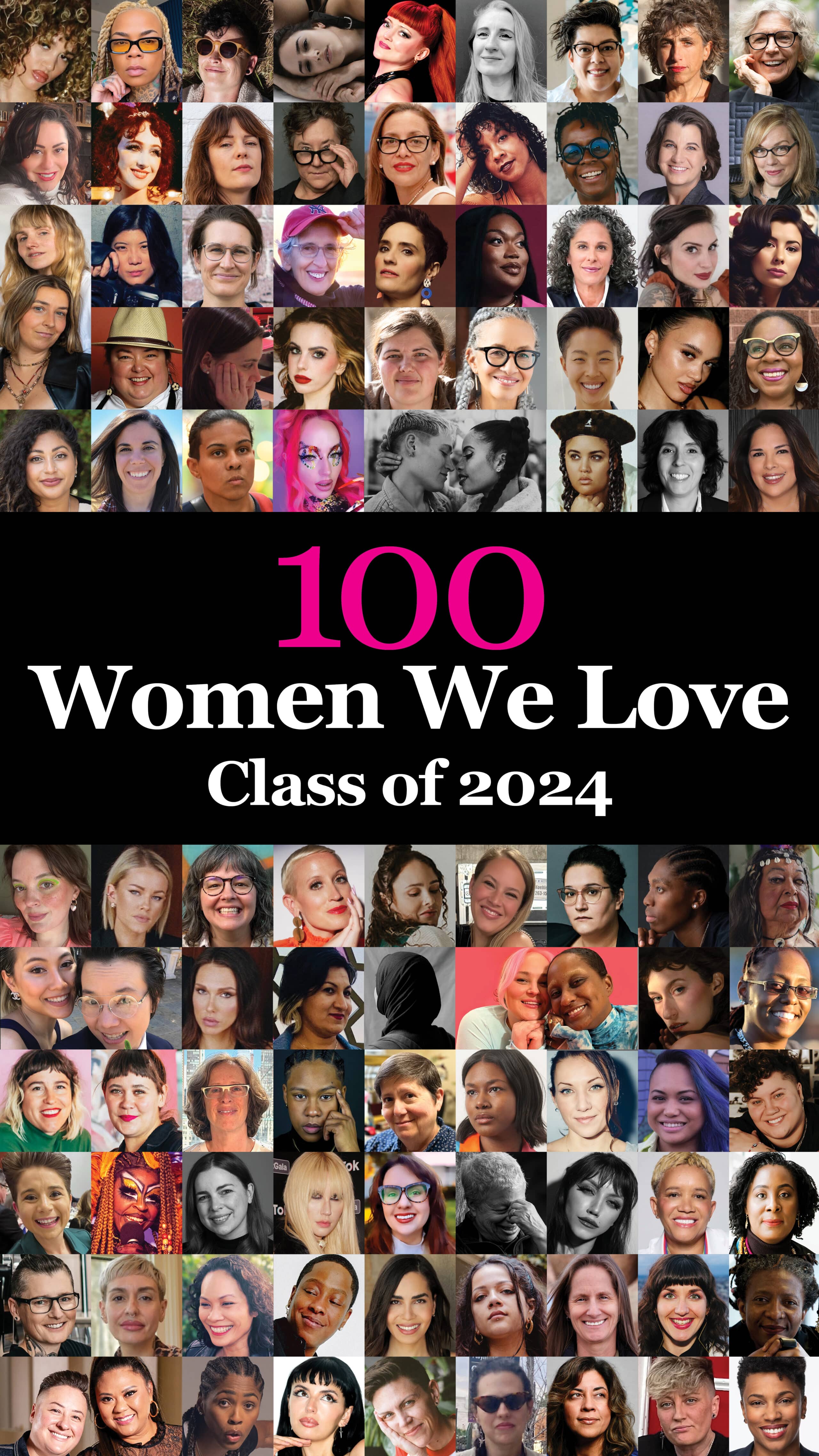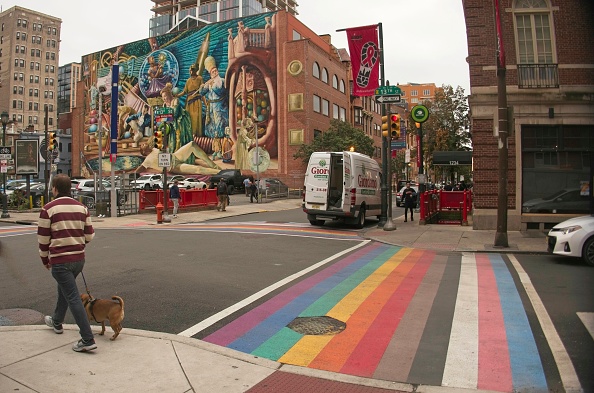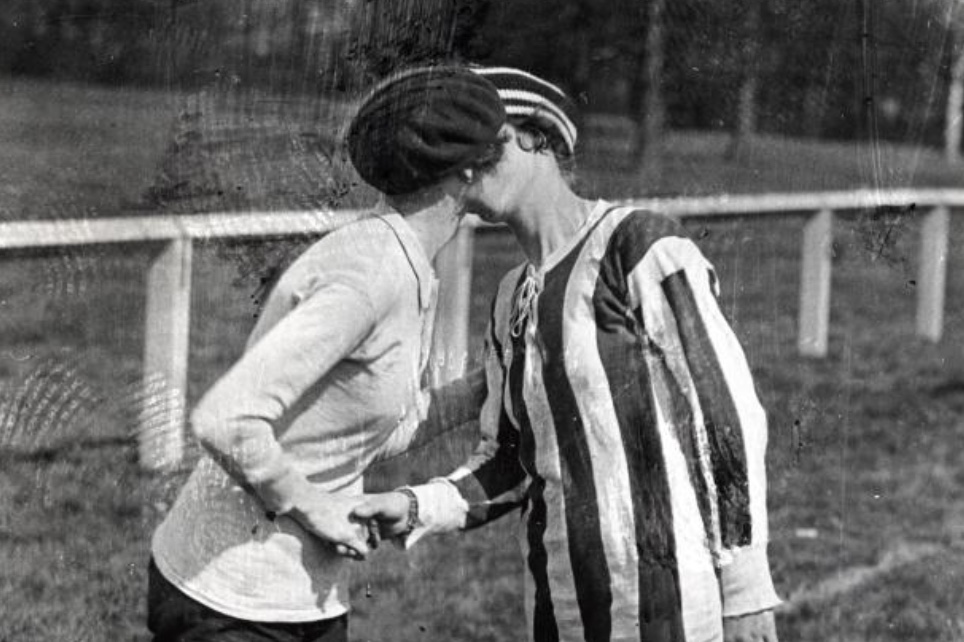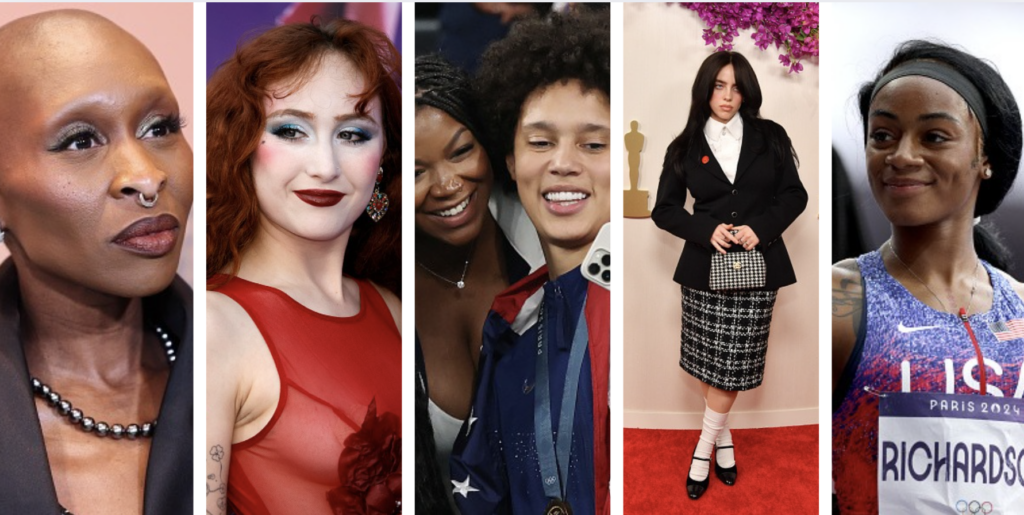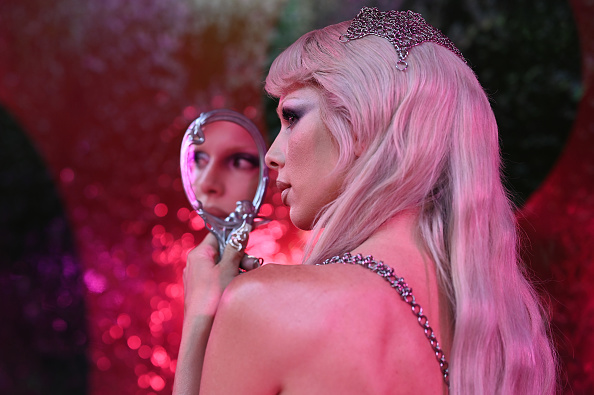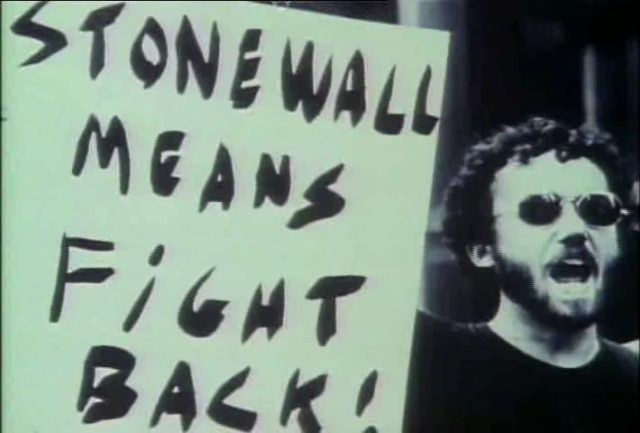
Fifty years ago, in the murky hours of June 28, 1969 that are neither night nor morning, a community came together and declared that they had had enough—enough of the harassment, the violence, the discrimination, and the marginalization. This moment in time would come to be known as the Stonewall Uprising, a night of defiance triggered by a police raid gone awry at the Stonewall Inn. The uprising would change the course of LGBTQ activism forever. Once the fire was lit that night, it could not be snuffed out.
When patrons of the Stonewall Inn were resisting arrest, setting fire to garbage cans, and singing “We Shall Overcome,” Greta Schiller was a 14-year-old girl living near Detroit with her parents and coming into her own as a creative activist. She doesn’t recall hearing about the riots specifically, but what she does recall is the feeling that, all of a sudden, there was space within which to speak about homosexuality out loud.
“Gay groups started forming at the campus of the town I lived in,” she told GO, “and I was able to join with those college students.”
As a teenager, she joined the students’ campaign against ignorance and intolerance. “We would go to class at the University of Michigan and just go, ‘Hi, we’re homosexuals. Would you like to ask us anything?’” Schiller broke into a smile. “I was too young to know that it was brave or vulnerable. We were just doing what we thought would be a way to get people not to be afraid of gay and lesbian people.”
A few weeks ago, I sat down with Greta Schiller to discuss the re-release of her 1984 documentary “Before Stonewall: The Making of a Community.” She flew into the West Village cafe with a gust of energy, all smiles and silver curls, and said, “How about this weather, man?” before grabbing an espresso and a croissant from the counter. It was the Monday after Easter, two days after Passover eve, and we took a few minutes to exchange a few sentences about our respective holidays. Schiller was immediately personable, and, within minutes, we were chatting as if we’d known each other for years. She is replete with stories of adventures in the world of filmmaking and activism but also listens intently.
“Before Stonewall” was the first out-of-college feature that Schiller had directed. Prior to this film she’d produced “Greta’s Girls,” a fictional feature about an interracial lesbian couple, as her college thesis and worked as a cinematographer on “Greetings from Washington D.C.,” a documentary about the first National March on Washington for Lesbian and Gay Rights in 1979. When a group of filmmakers who had worked on “Greetings” approached her about collaborating on a movie about the homophile movement of the ’40s and ’50s, she was in.
“I was a history buff,” she said, by way of explanation, “and, in a way, I was looking for the stories in history that would reflect who I was on some level.”

Within a short while, though, it became clear to Schiller and her collaborators that there was a wealth of history to be shared about LGBTQ communities and life before 1969. A film that only focused on the homophile movement, while valuable, would be too narrow. They had to go deeper—and that’s exactly what they did.
Greta Schiller, along with co-producers John Scagliotti and Robert Rosenberg and editor Bill Daughton, knew the film should be centered around personal narrative. So, they set out to interview a wide array of LGBTQ “elders who would talk to [them]” across the country. This proved challenging, as there were no resources, no archives, no organizations. They had to rely on multiple press releases in print papers (both fringe and mainstream), word of mouth, and the help of collaborators for the bulk of the interviews. Schiller says she knew she wanted regular folks to speak—people of all genders and heritages—alongside some of the iconic characters of the time such as Allen Ginsberg, Audre Lorde, and Harry Hay.
Convincing people to speak with them was no easy task. They quickly noticed that women were especially reticent to share their stories, considering that their place in society was more initially precarious than that of their male counterparts. Schiller spent many hours in conversation with people, building trust and finding ways to keep everyone comfortable with the level of exposure.
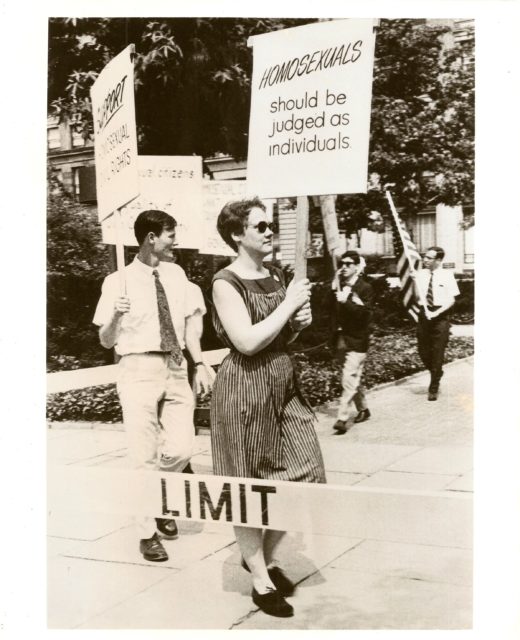
One woman, notably, shares her story of being persecuted and eventually dishonorably discharged by the military in full shadow.
“It was such a horrifying experience that, in 1982, when she finally agreed to tell her story on camera, she was still afraid to be seen,” said Schiller. “The fear, the self-loathing is so f*cking deep.”
Schiller recalled that she, “got a lot of shit for that.” People wanted everyone to be out and proud, but she recognized that not everyone can do that.
“That story was so poignant and so troubling that I really wanted to keep it in.”
Meanwhile, Andrea Weiss headed up the historical research side of things. This was, likewise, a challenge, as there was no “gay history” category she could search under.
“Homosexuality wasn’t in the card catalog,” Schiller said. “So she had to get creative and think about ‘How would they have seen us?’ She asked herself, ‘How do we know that a gay man didn’t shoot that?’ We don’t. That was the approach she took to the research. Looking at it with a slant.”
In this way, the team created a revolutionary film that depicts, in great detail, what life was like for LGBTQ people from the turn of the 20th century up until that explosive night in Greenwich Village. It immediately took off, breaking box office records at independent cinemas, receiving two Emmy Awards for Best Historical/Cultural Program and Best Research as well as an Emmy nomination for Best Director, and being screened at film festivals across the globe. In fact, it continues to be screened at festivals and events the world over. Greta Schiller says that she never imagined that the film would have such a long life, but that it remains relevant to communities who are seeking visibility. Most recently she’s been invited to India, Latin America, and Russia. The film was also shown at the Berlinale in 2016.
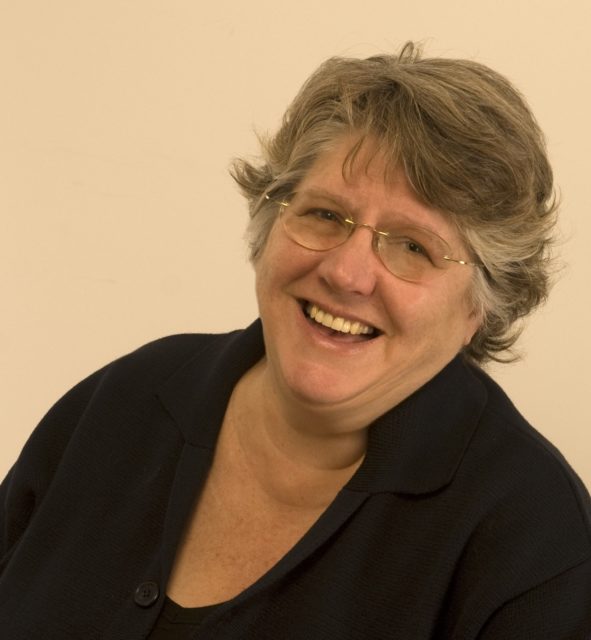
When “Before Stonewall” was released fifteen years after Stonewall and at the outset of the AIDS epidemic, it shook the film world. Schiller recalls that one television station manager didn’t want to buy the documentary, stating that people who don’t exist can’t have a history. In another case, a journalist interviewing Greta Schiller about the film refused to shake her hand “because I might have known someone who had AIDS.”
Due to a funding agreement, it was offered to all PBS stations in the USA, although many refused to screen it.
“When some of the stations didn’t air it,” she chuckled, “we went and organized screenings in that community.”
At one alternative screening at an Oklahoma shopping mall, “the people at the shopping mall put black tape over the words ‘Gay and Lesbian’ on the poster so it became ‘Before Stonewall: The Making of ____ Community.’”
Through all of these and other trials, “Before Stonewall” has cut through the noise and continued to show an unabashed truth about LGBTQ people: we exist, we have existed, and we will continue not only to exist but to flourish. This is the power of the film—by showing the history of a community in the making, it makes communities feel seen.
“Before Stonewall: The Making of a Gay and Lesbian Community” opens June 21 in New York City at The Quad Cinema and June 28 in Los Angeles at Laemmle Ahrya Fine Arts. For tickets and showtimes across the country head over to First Run Features.




